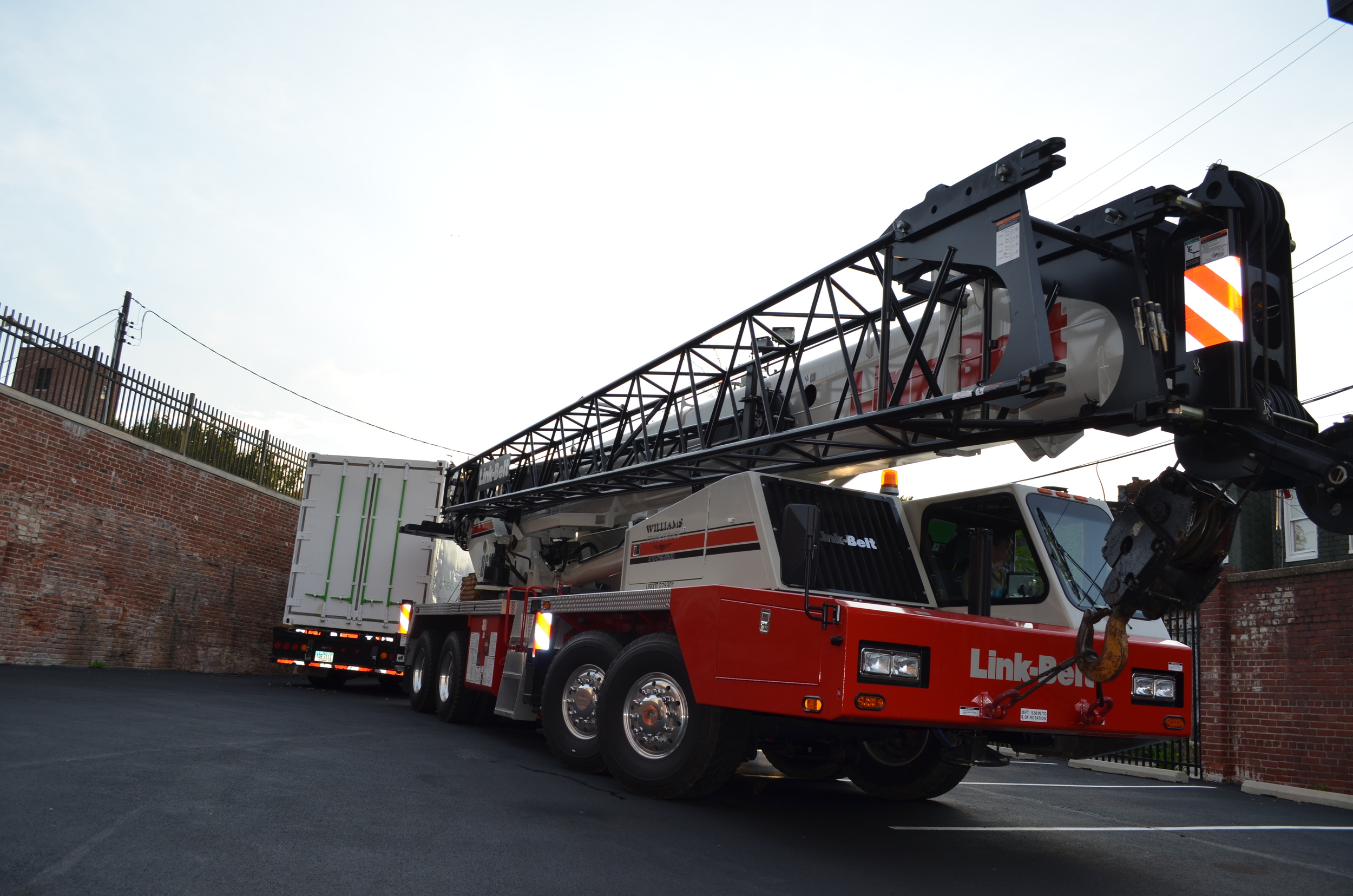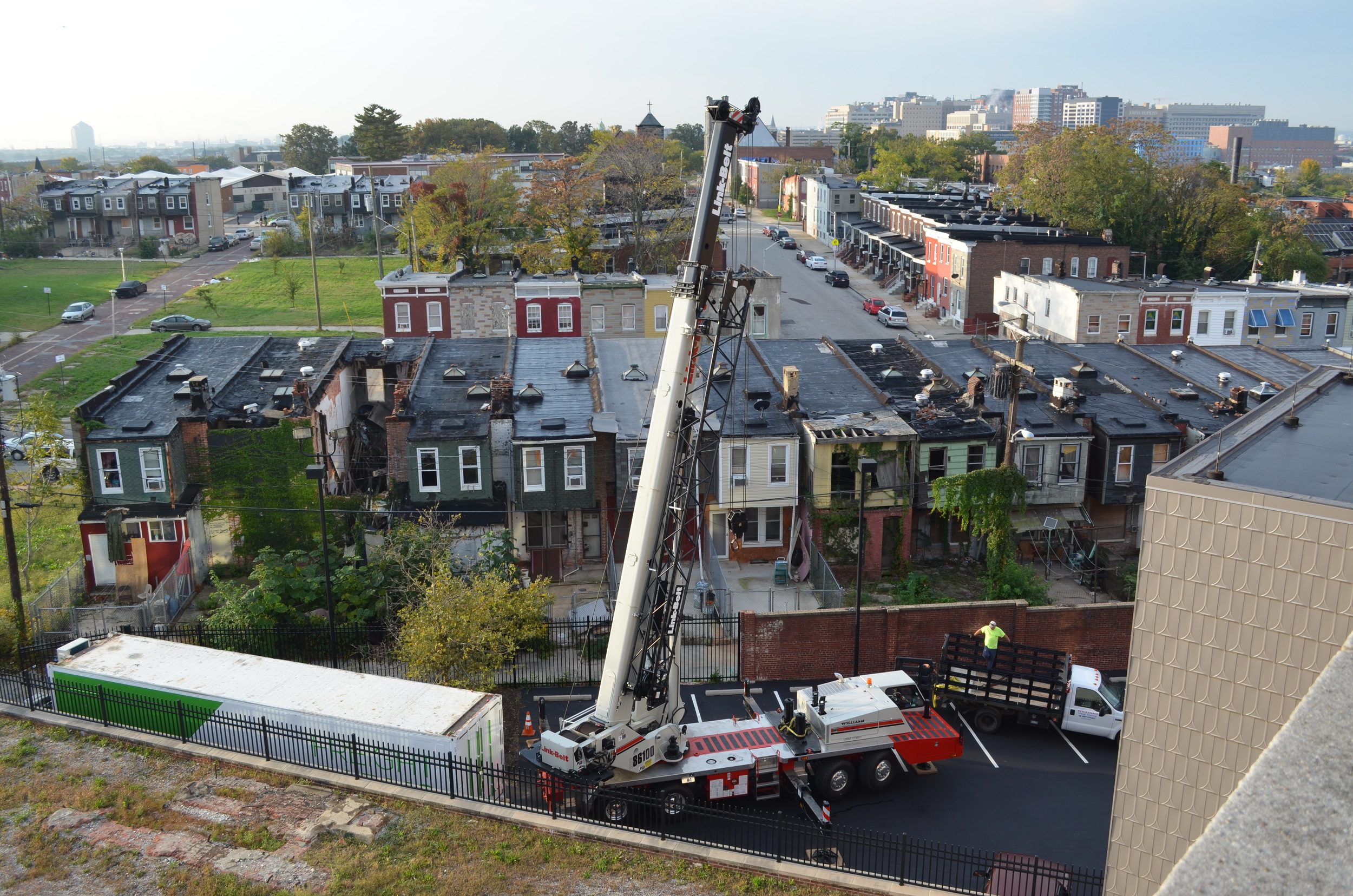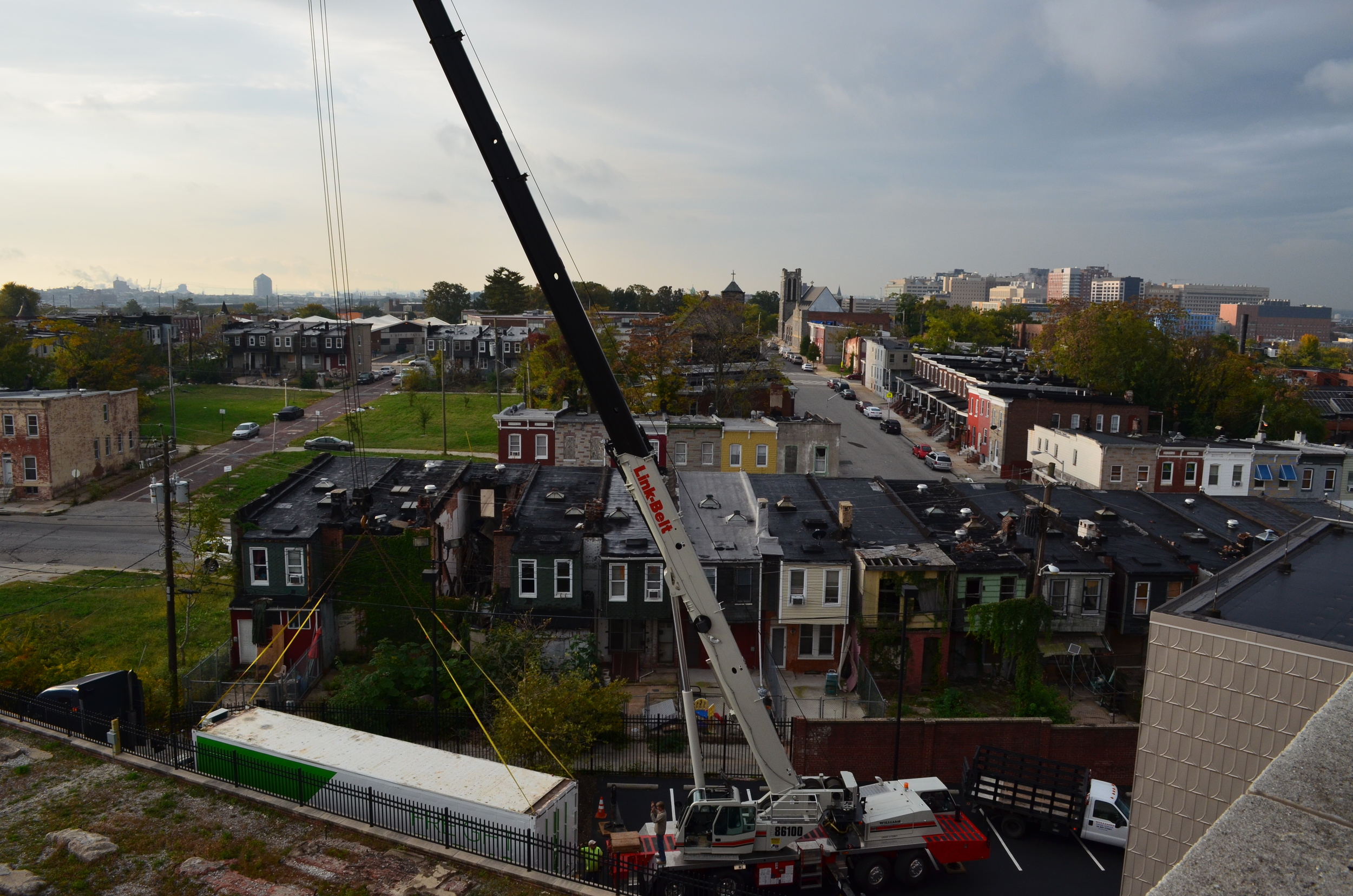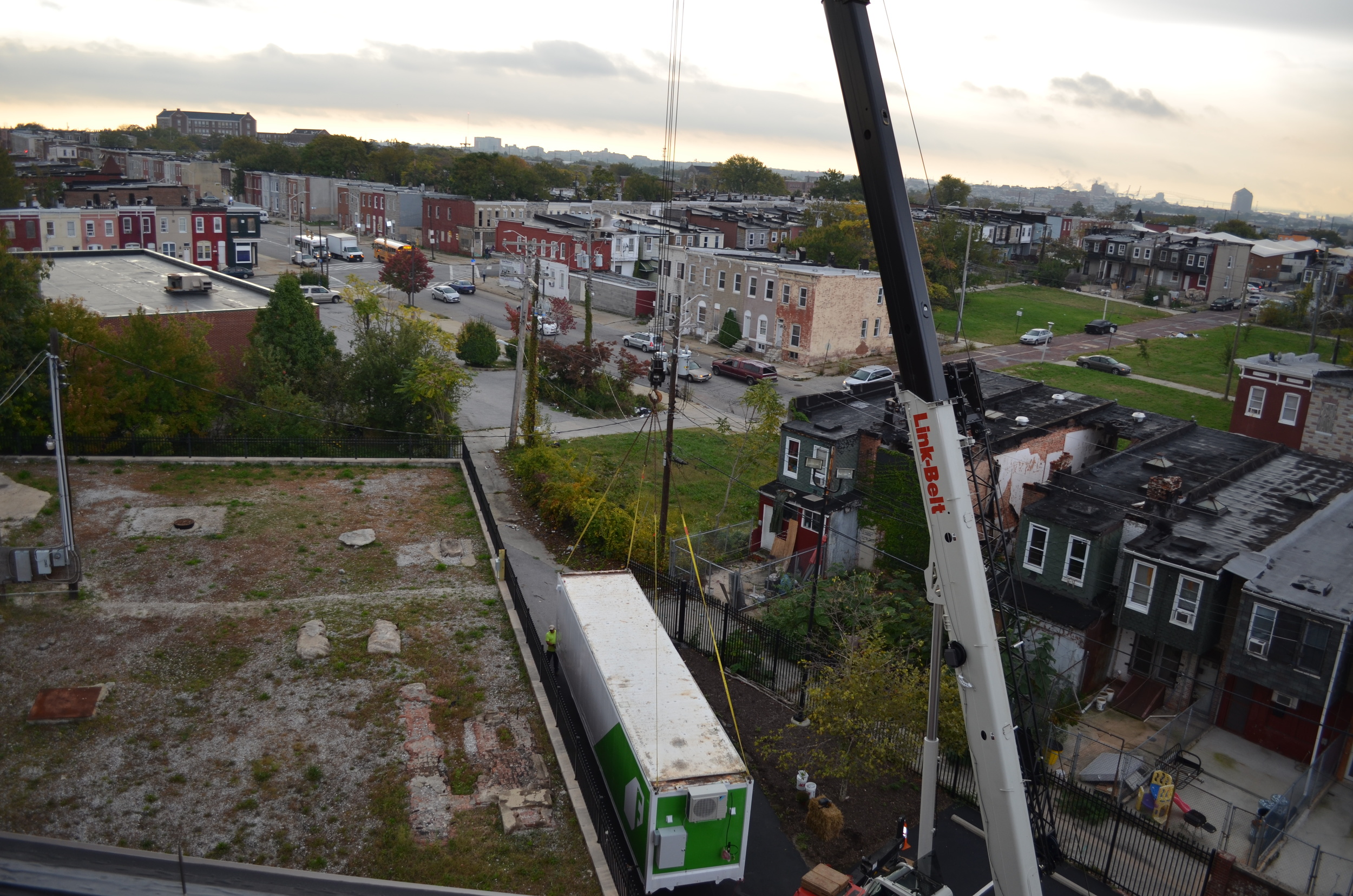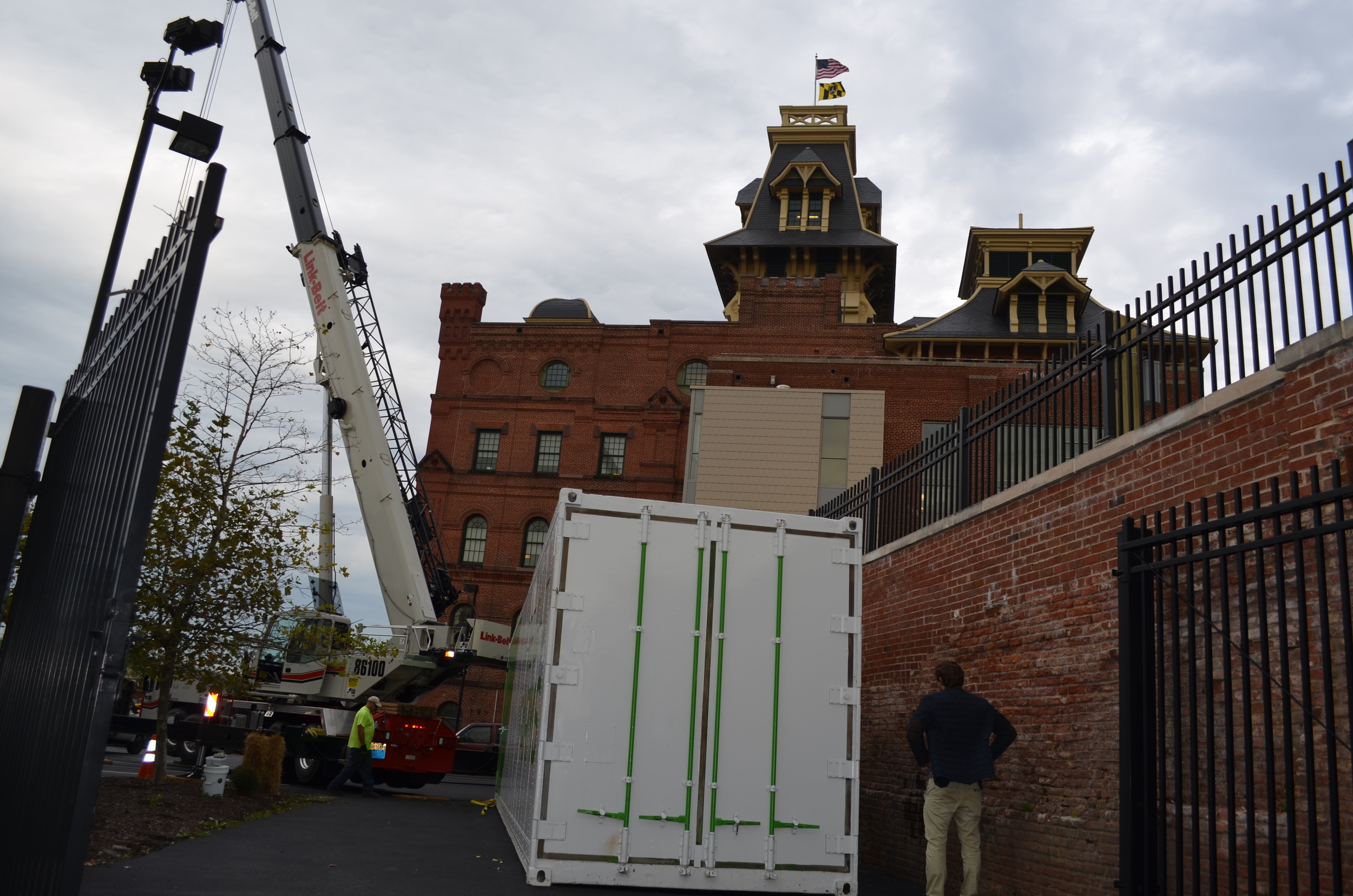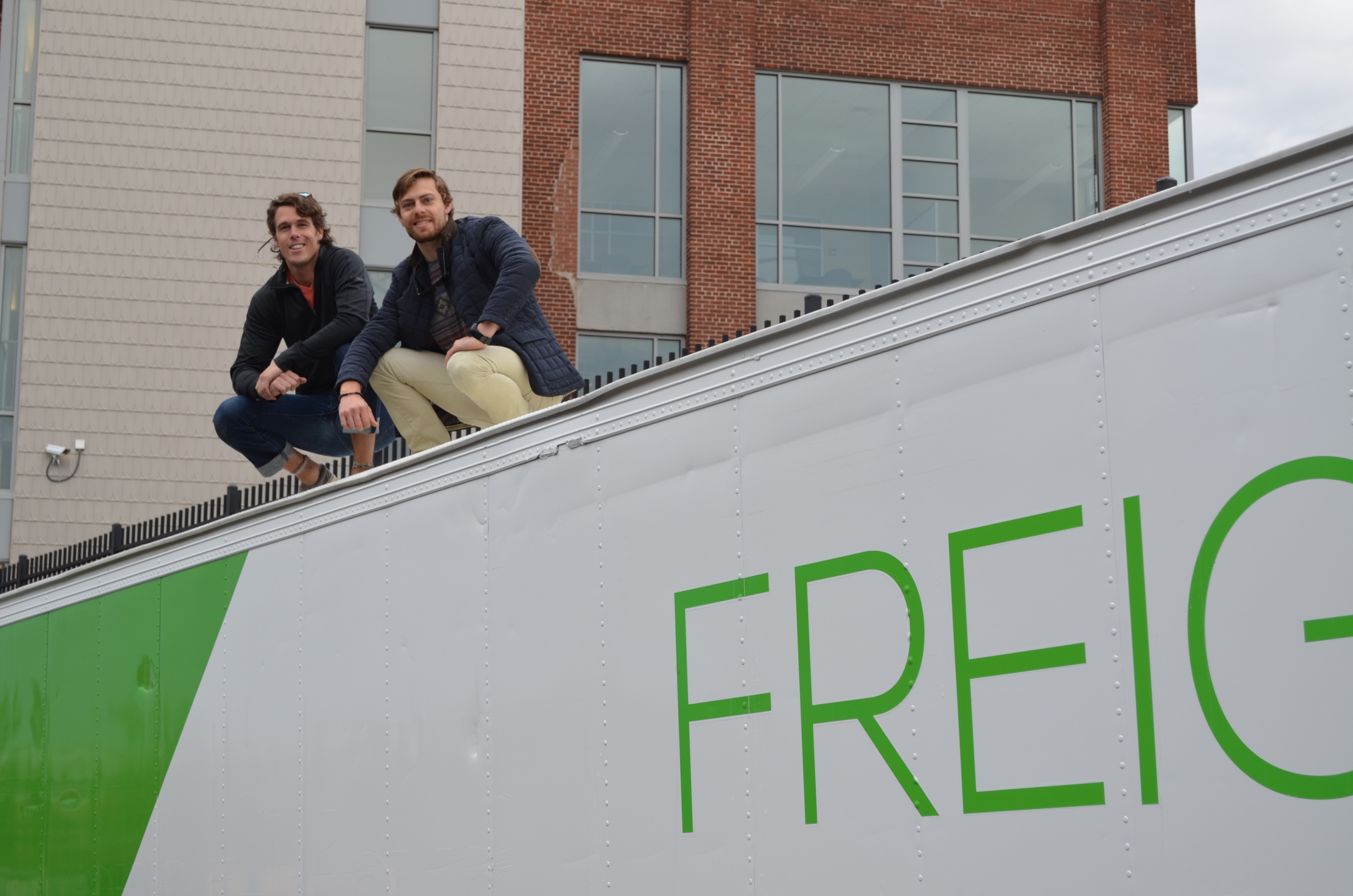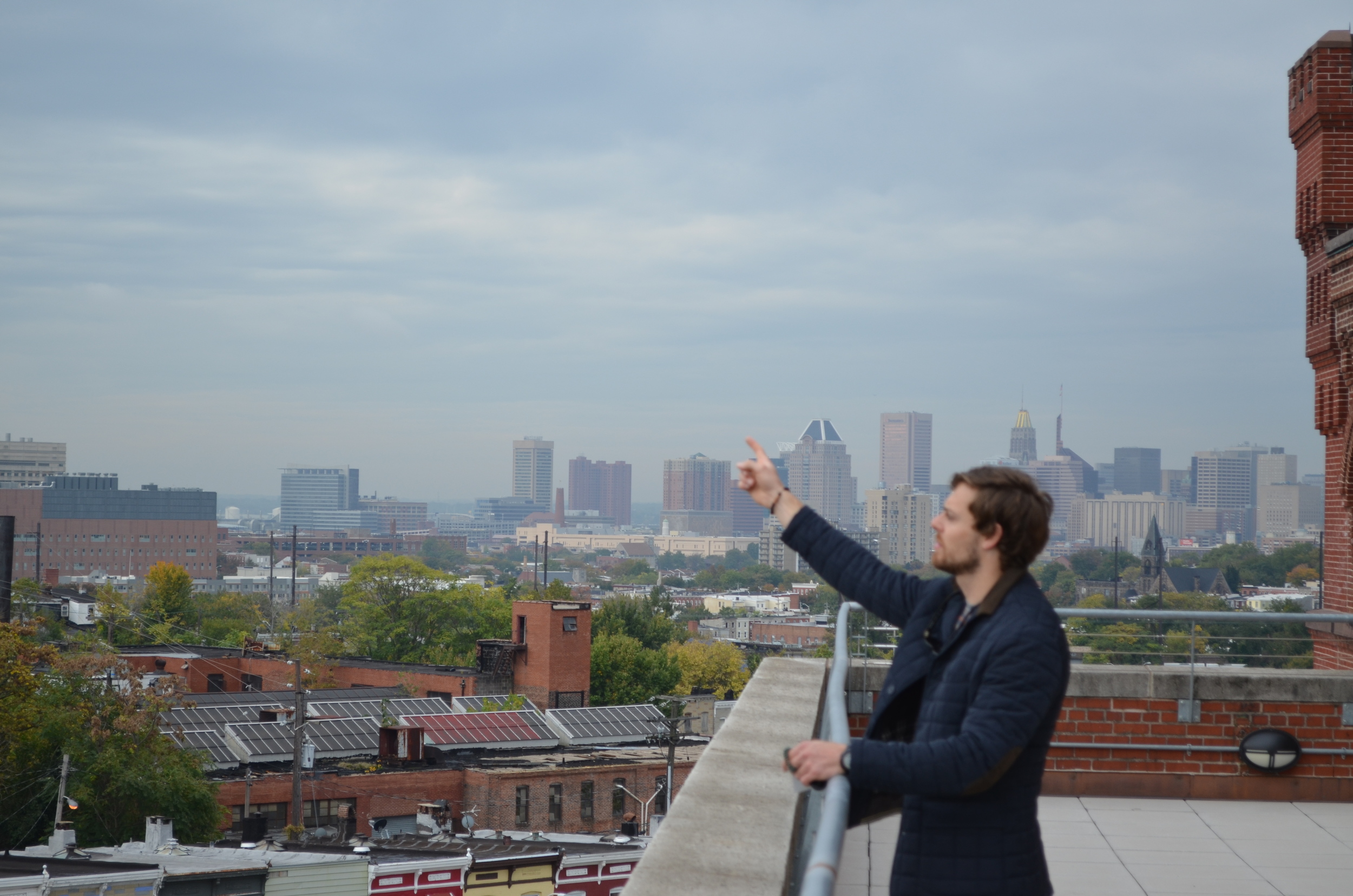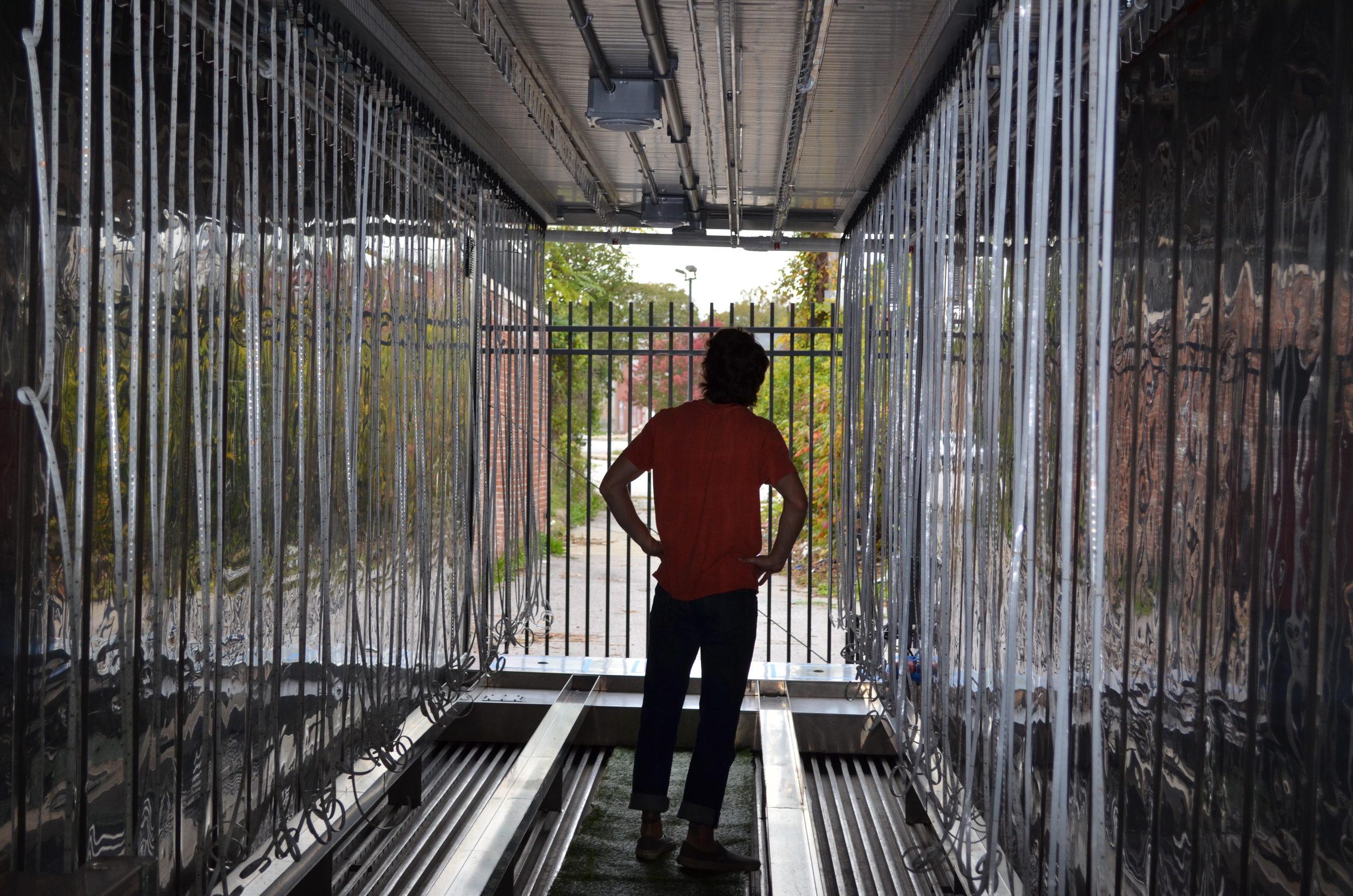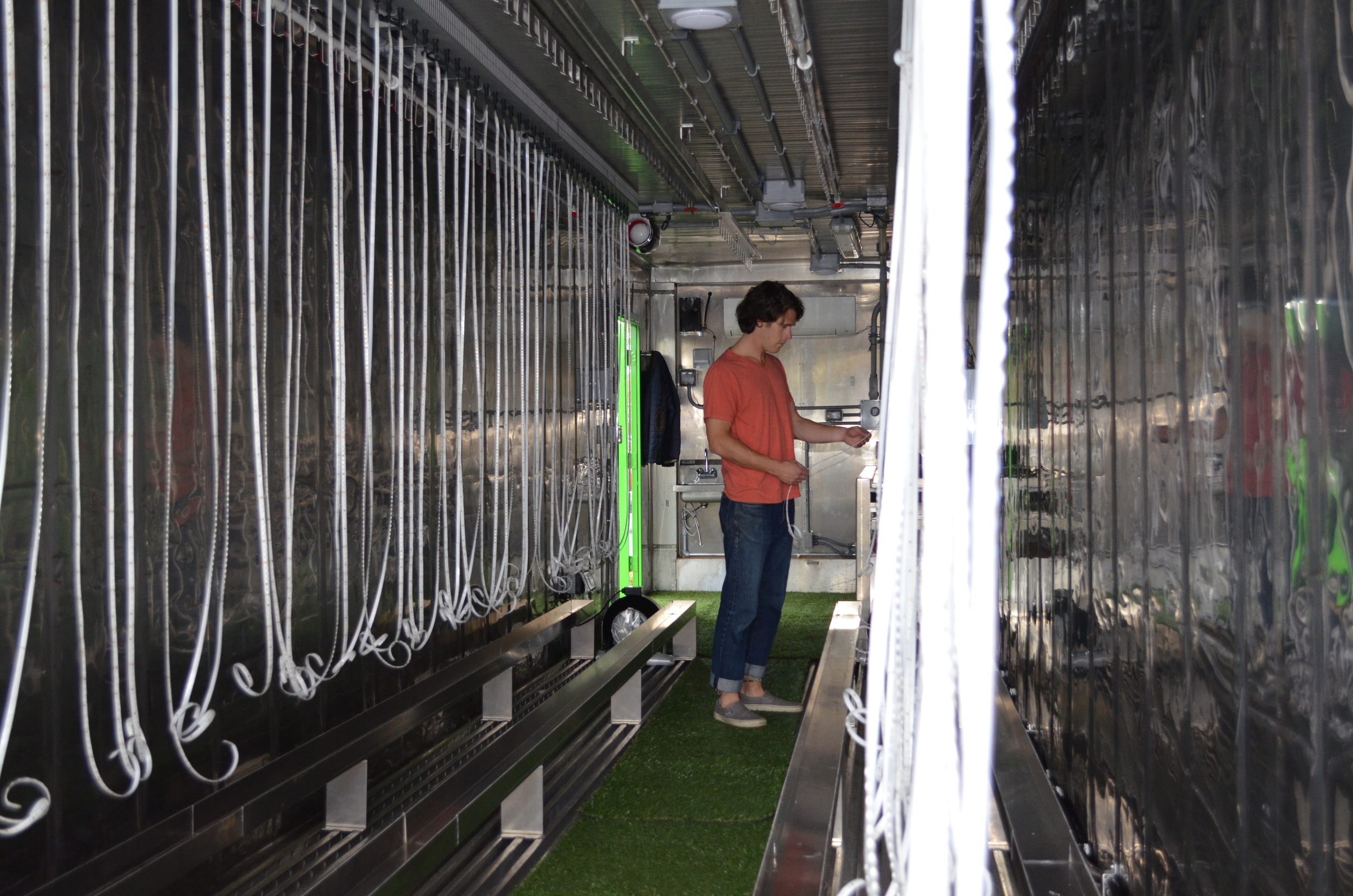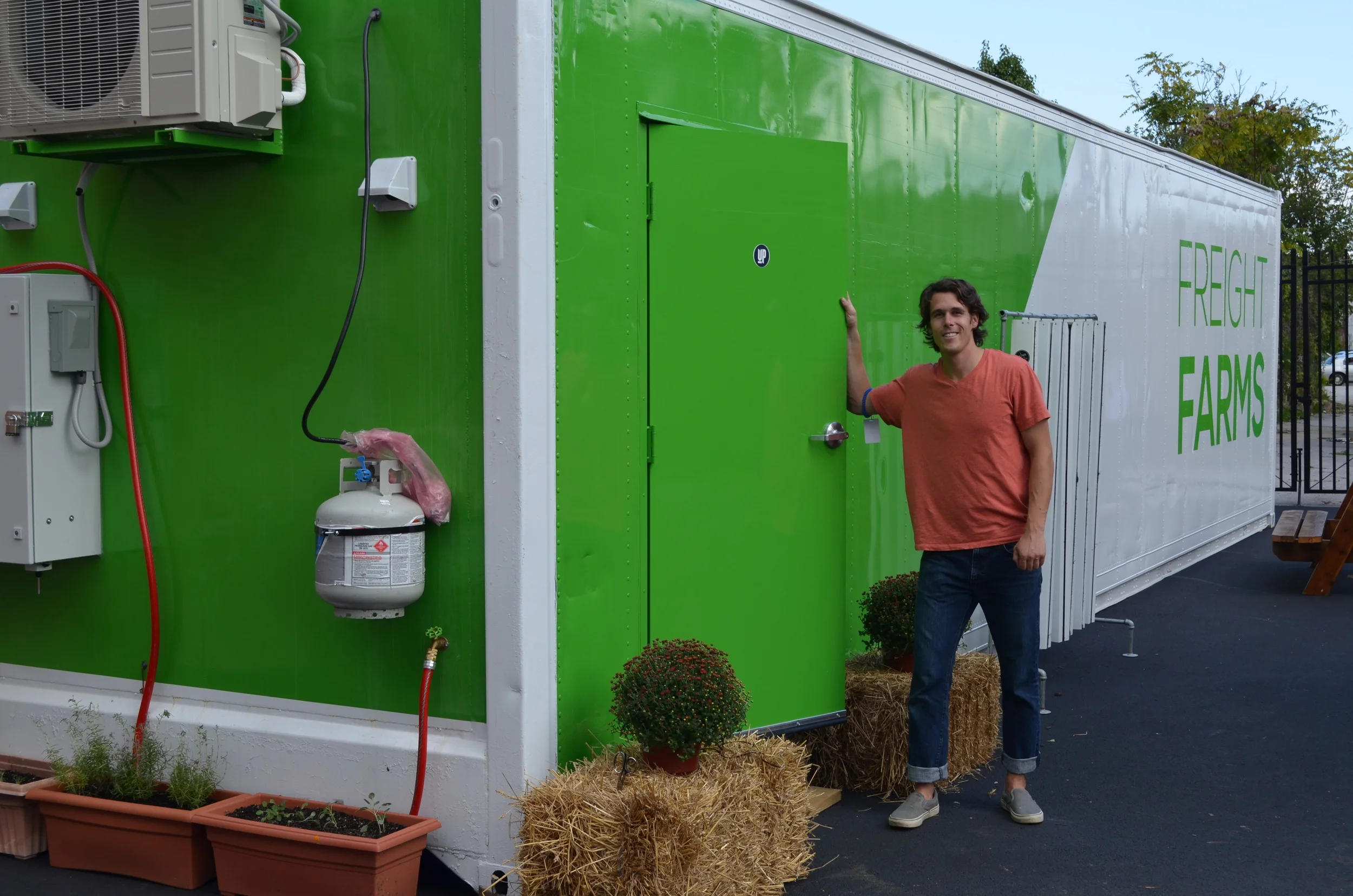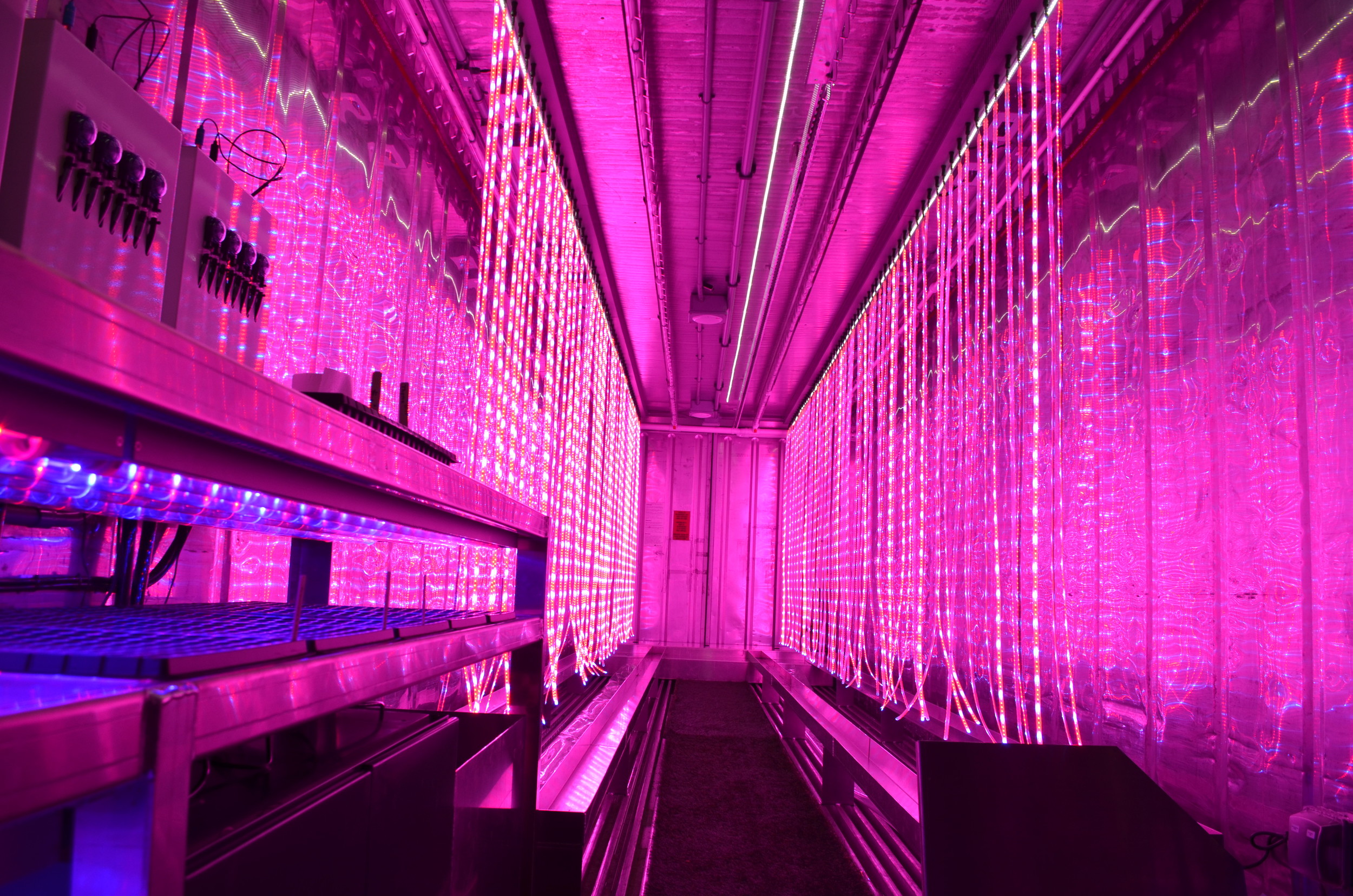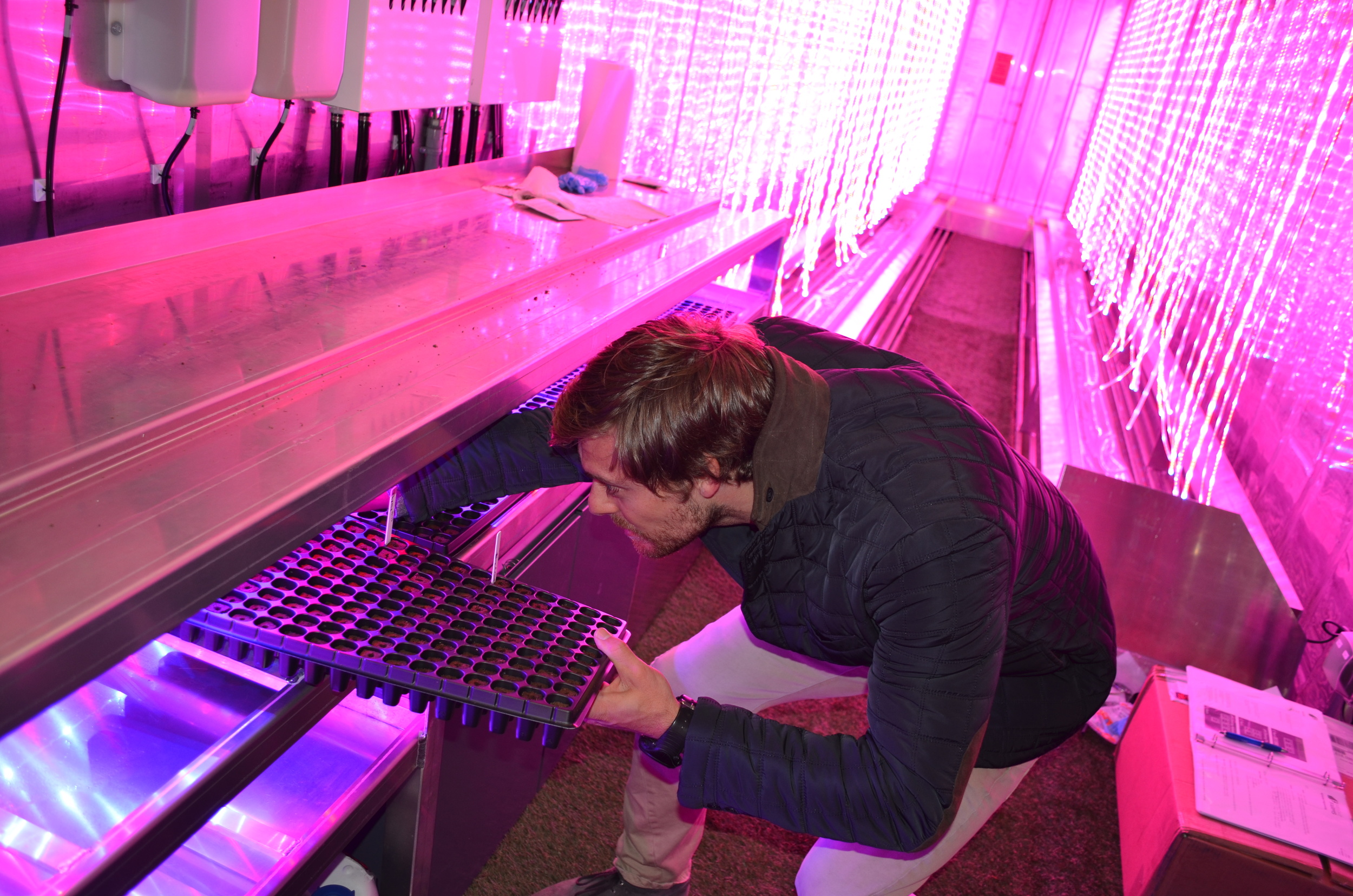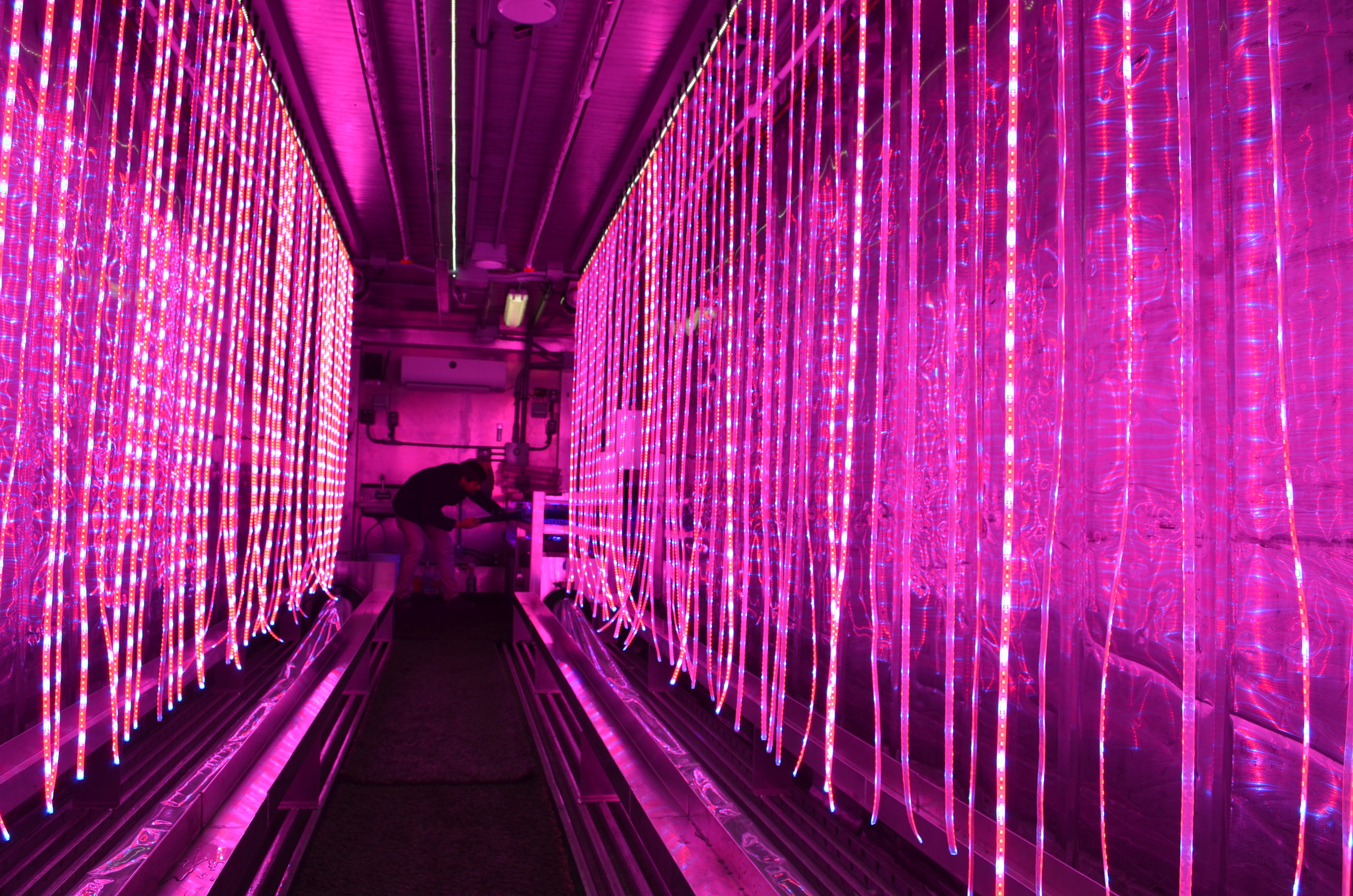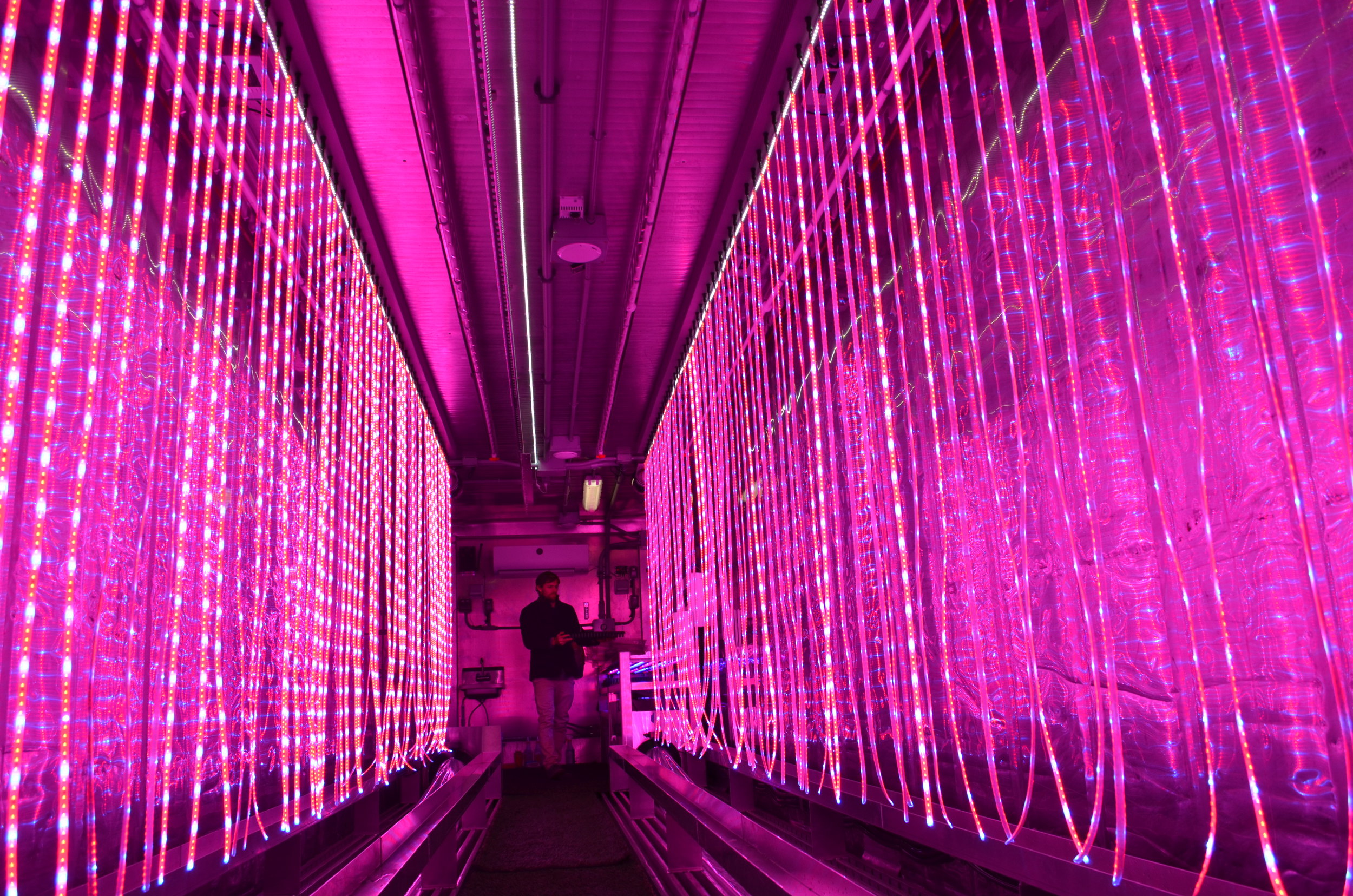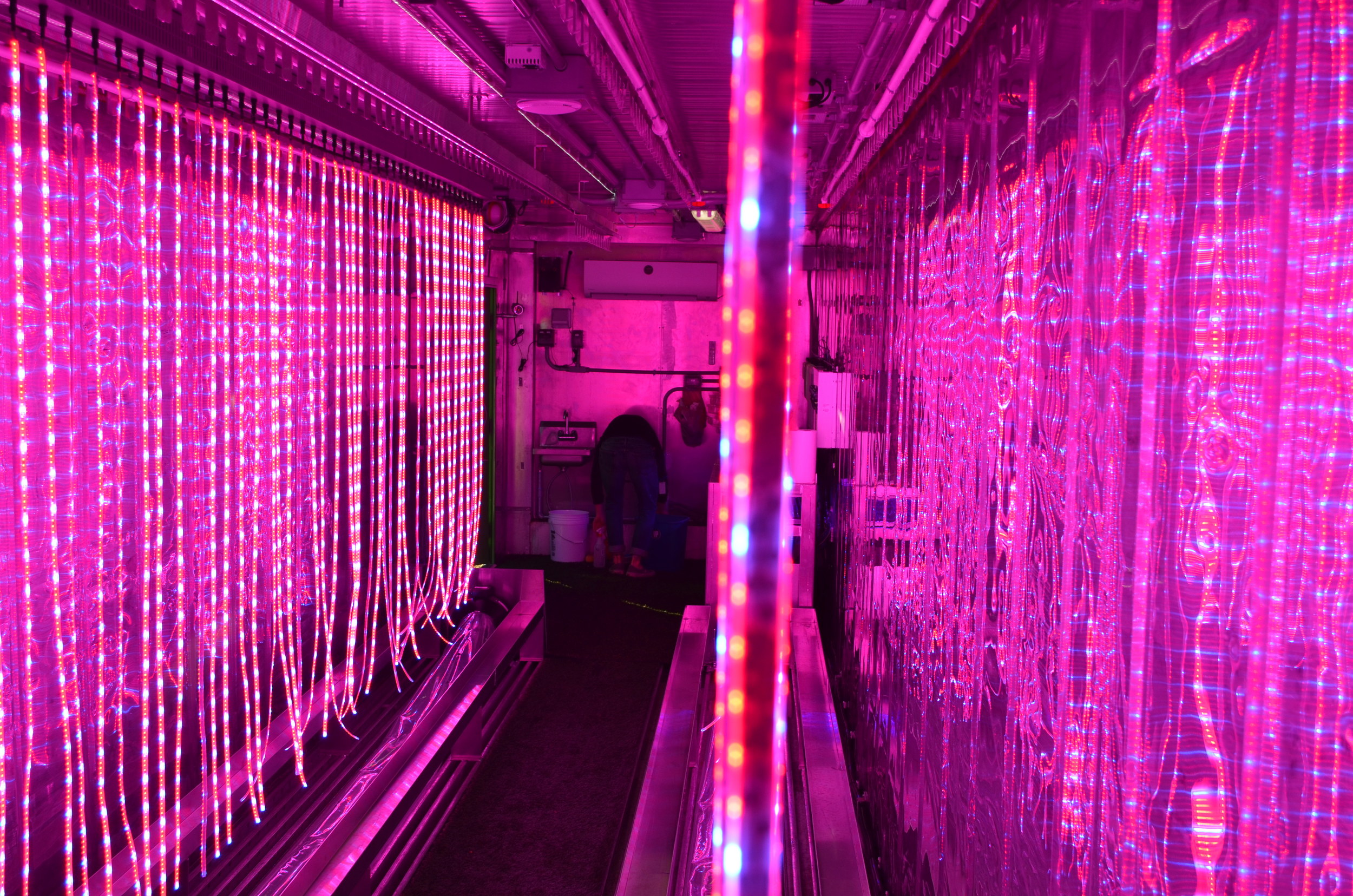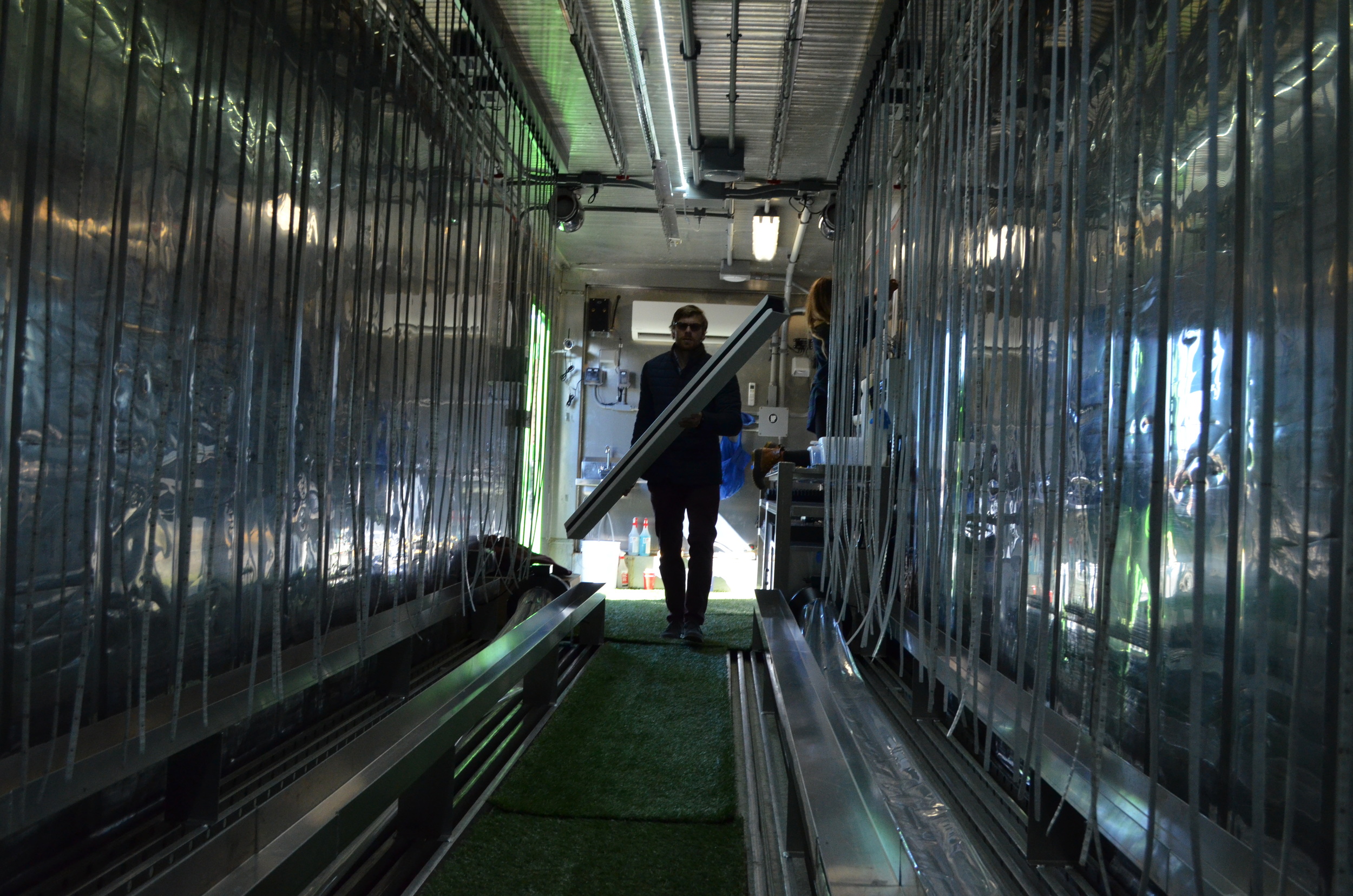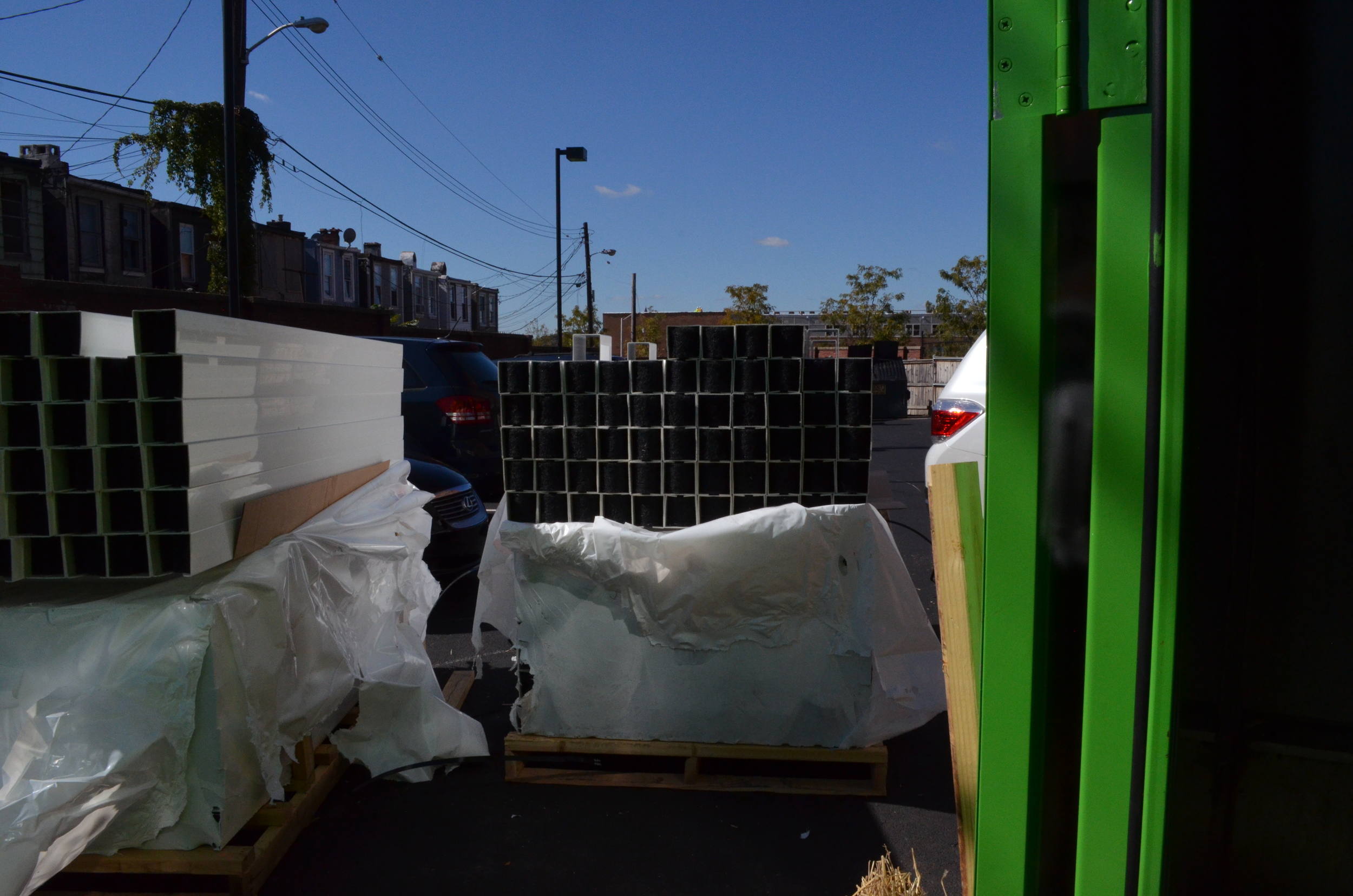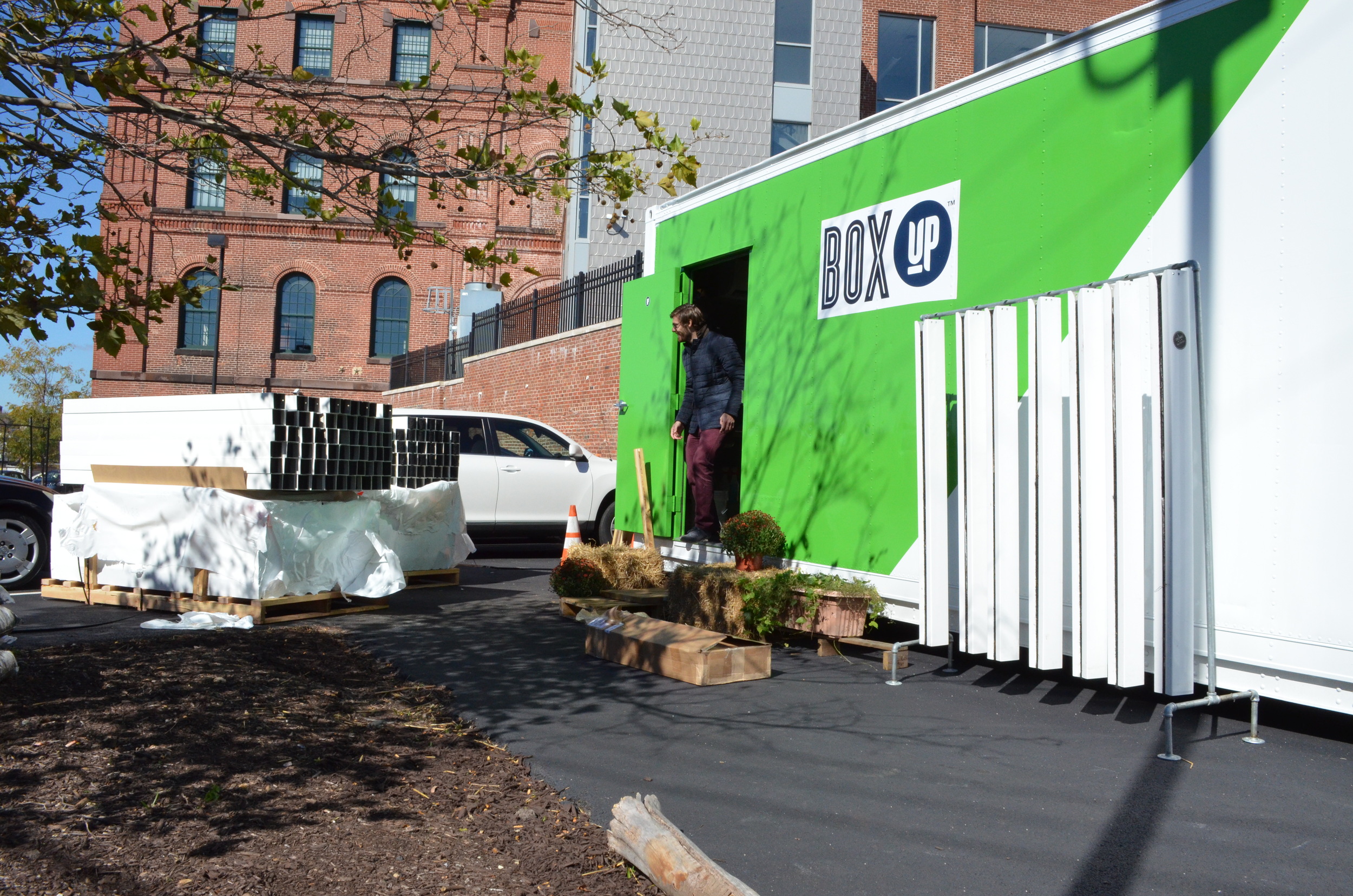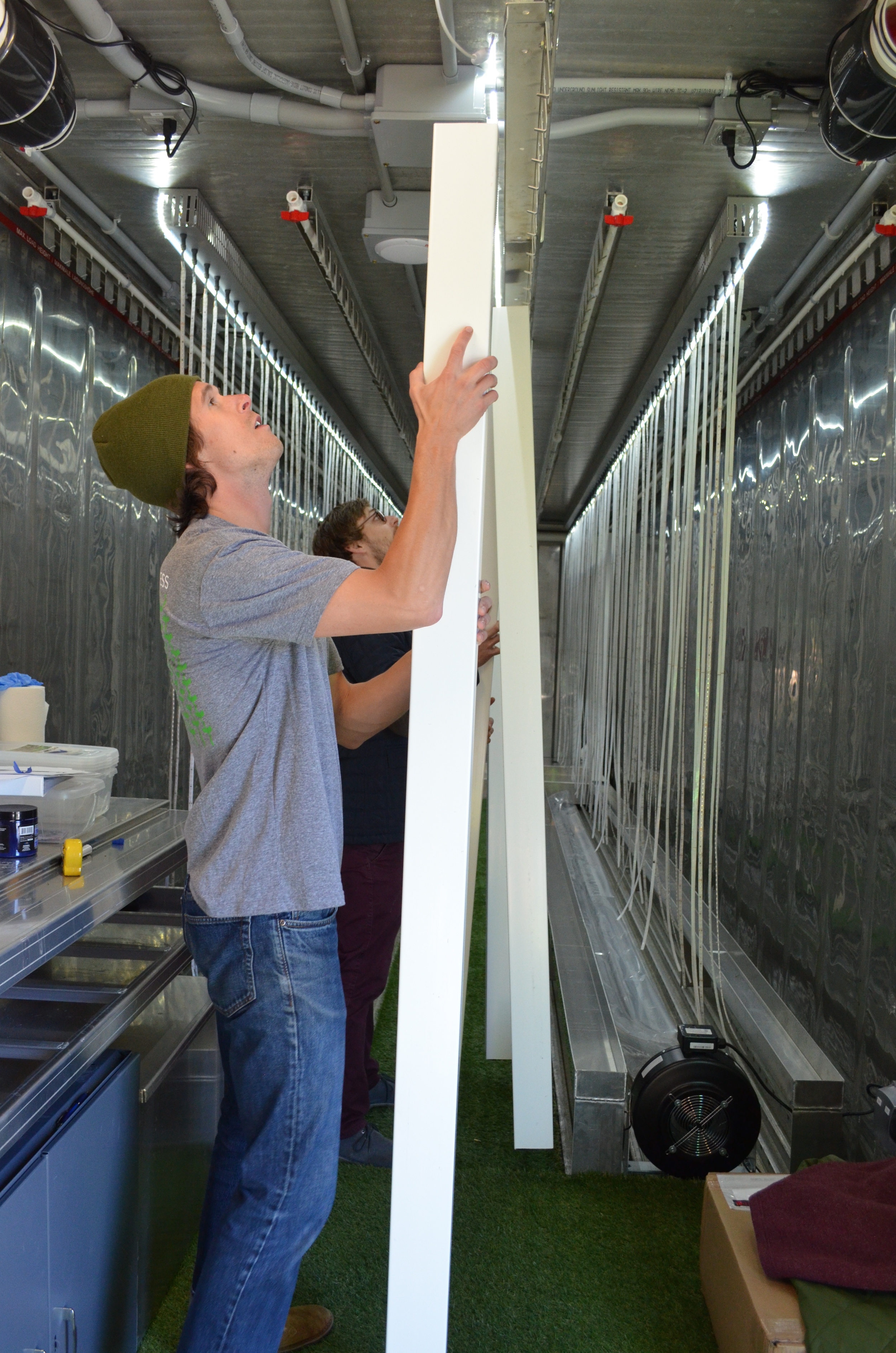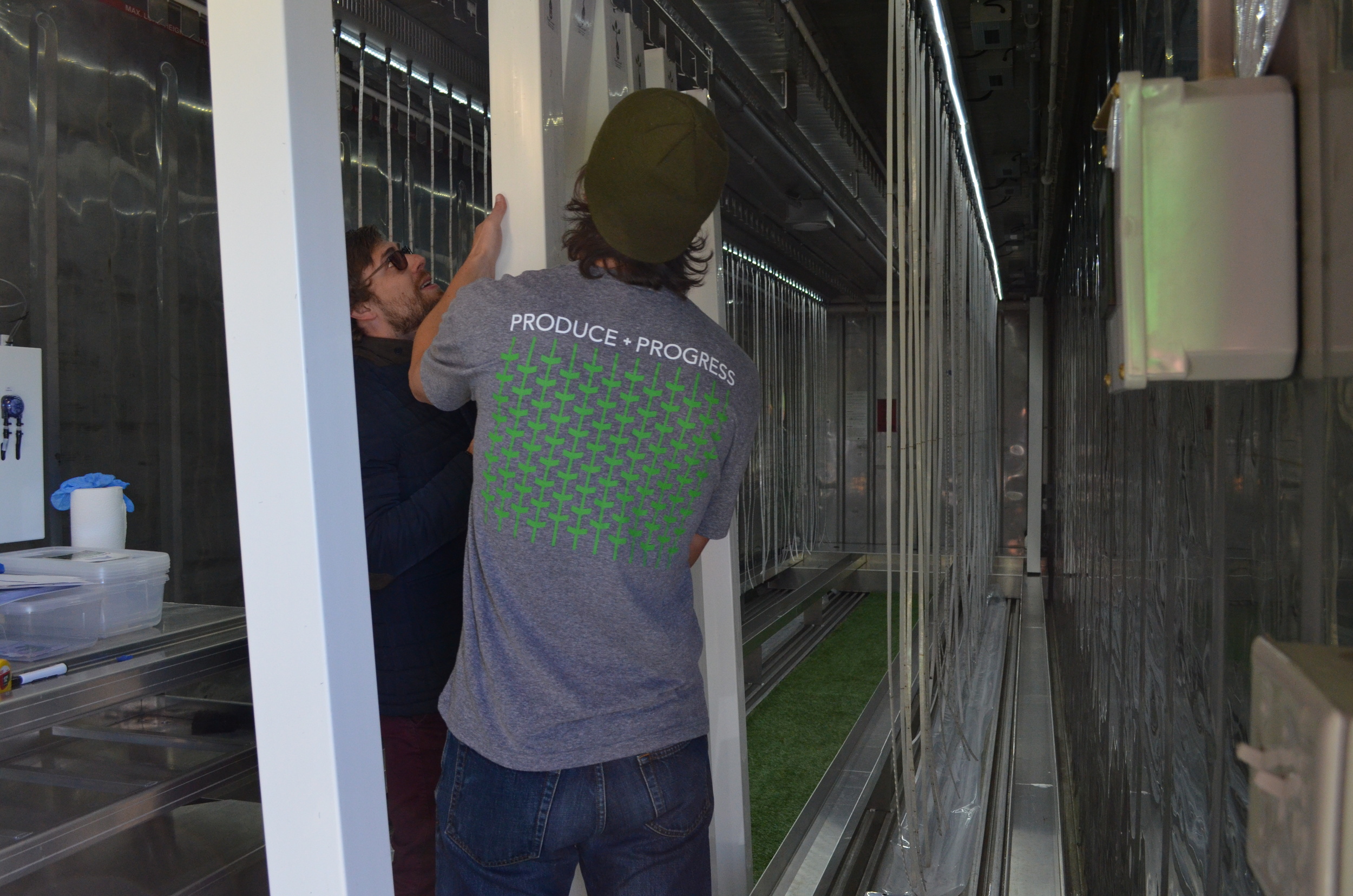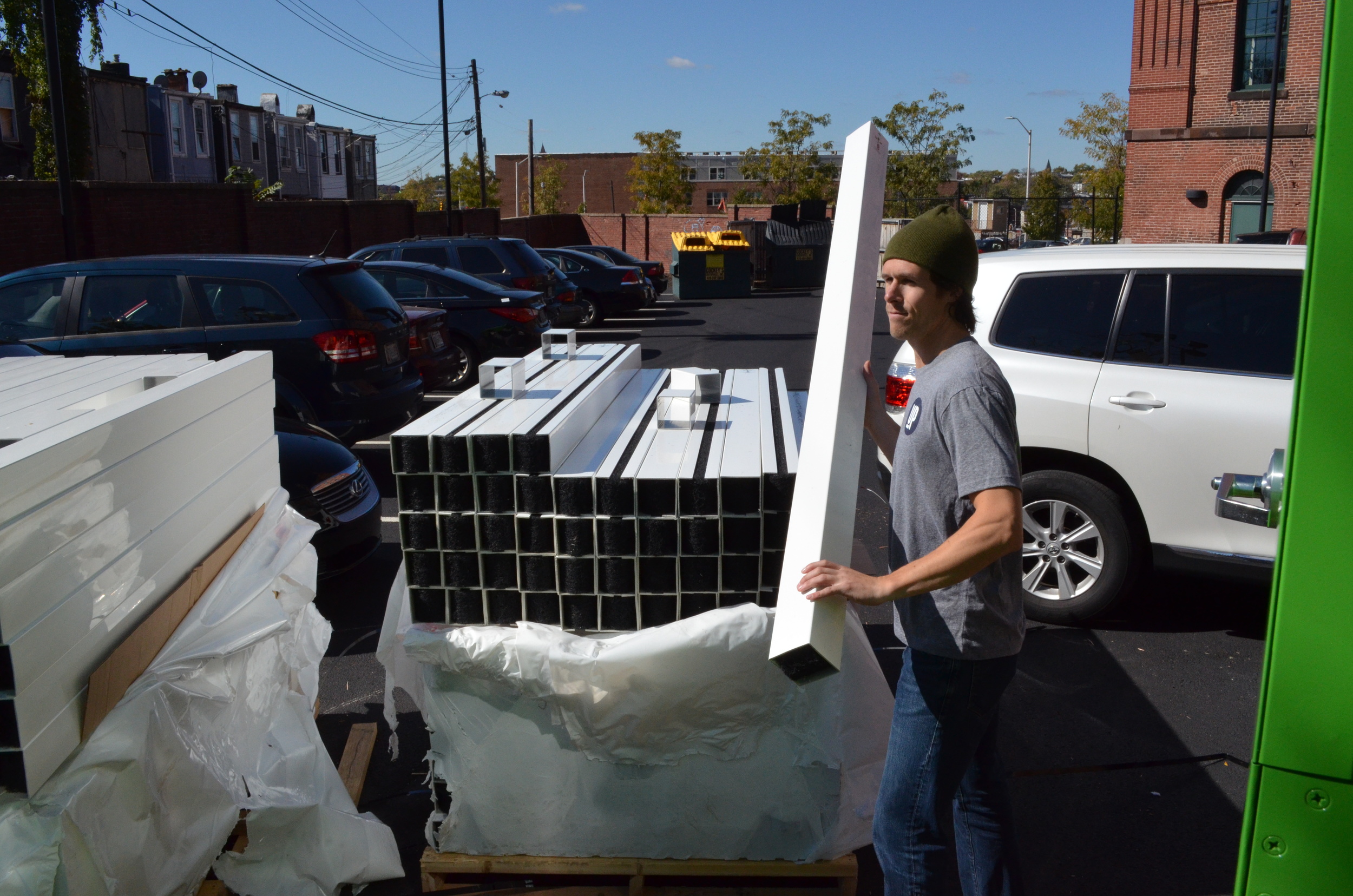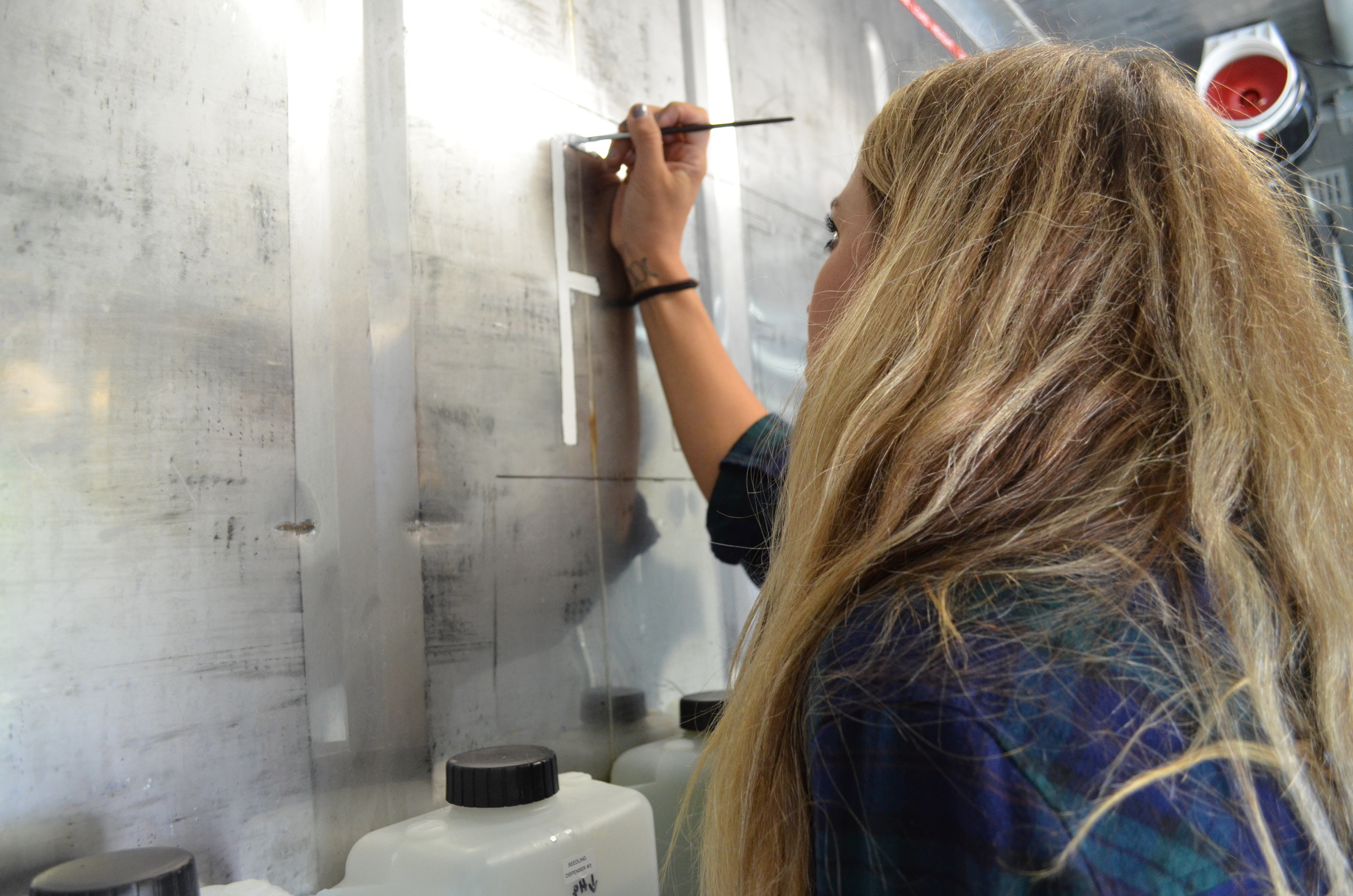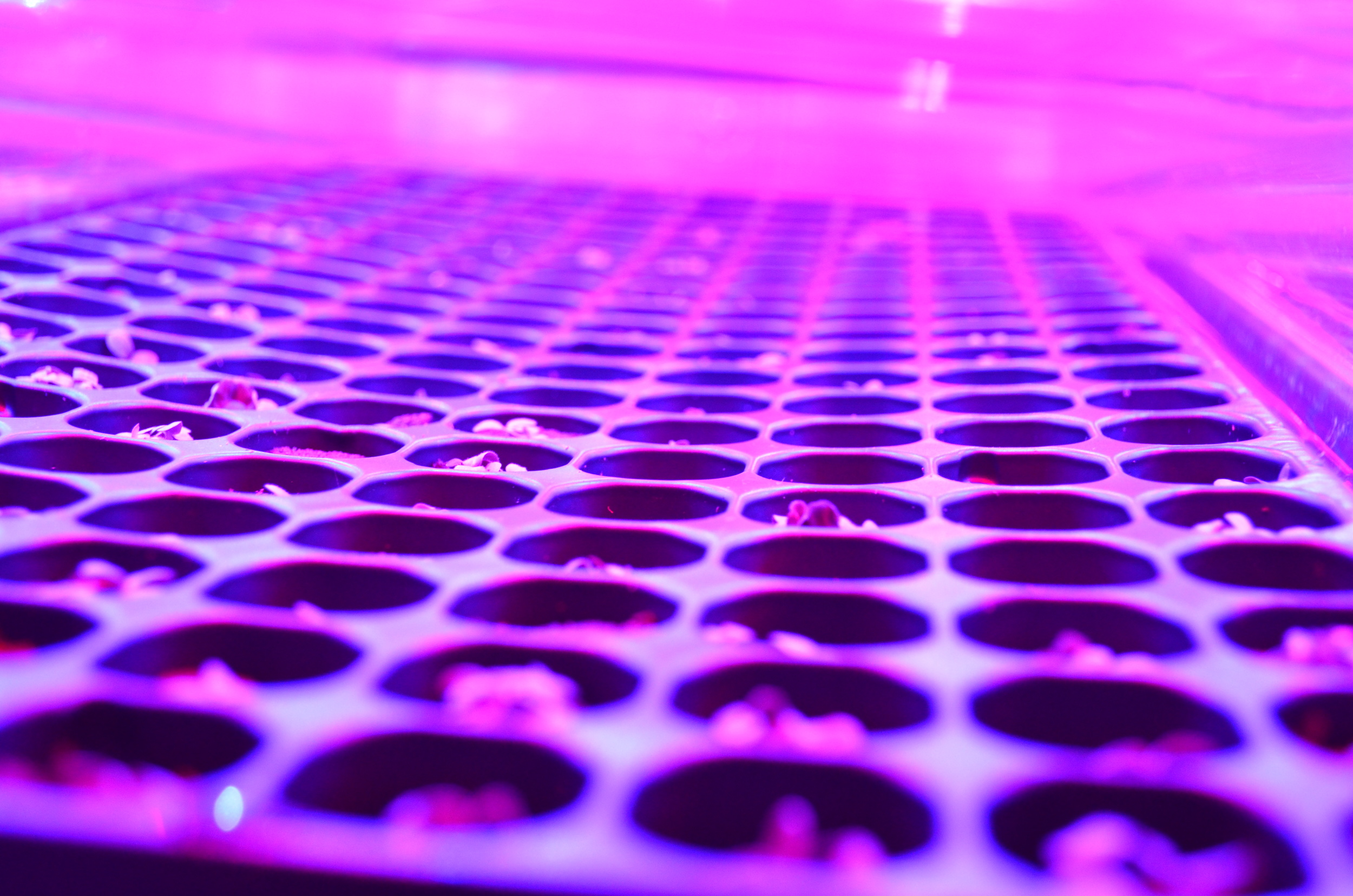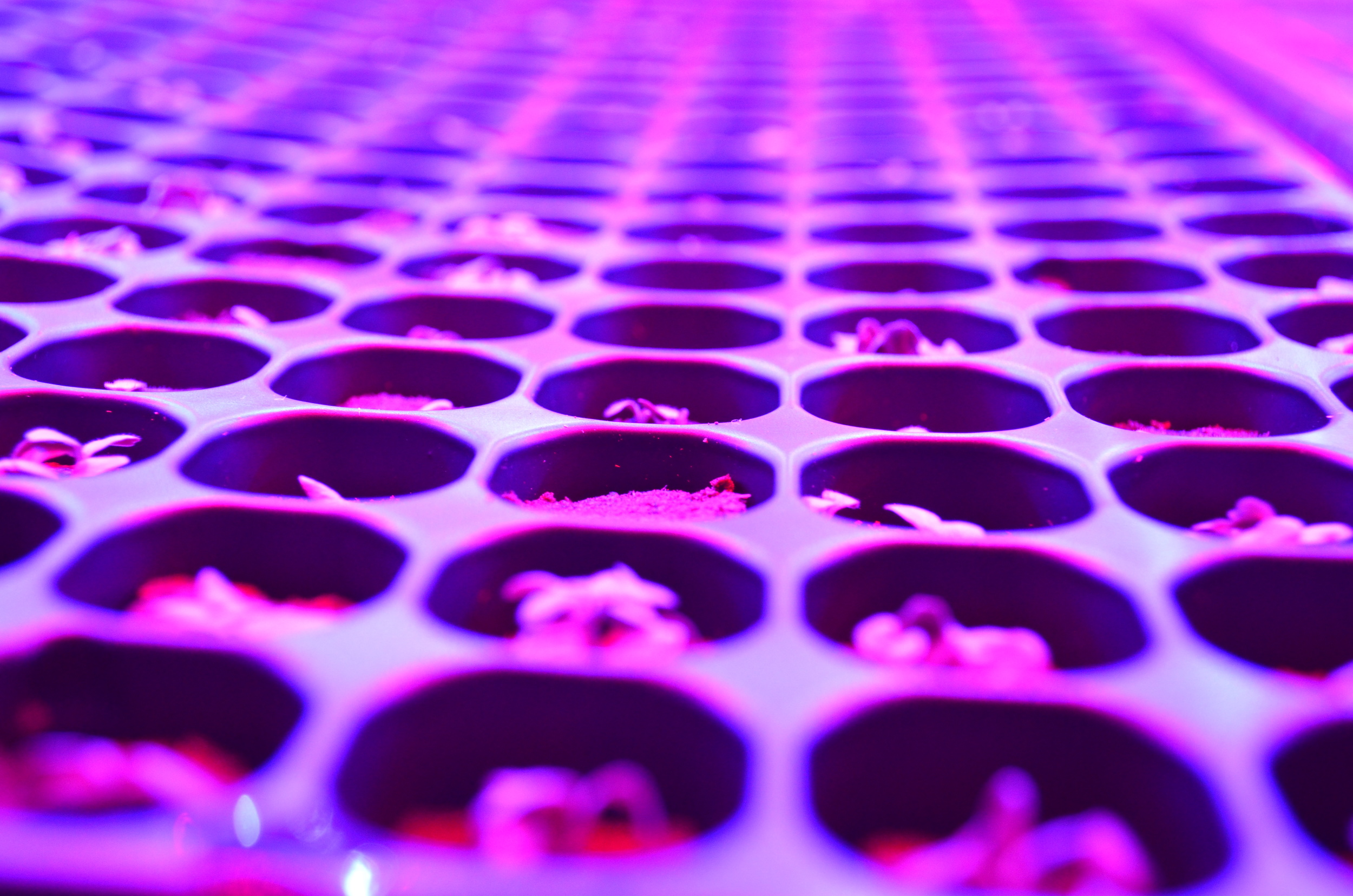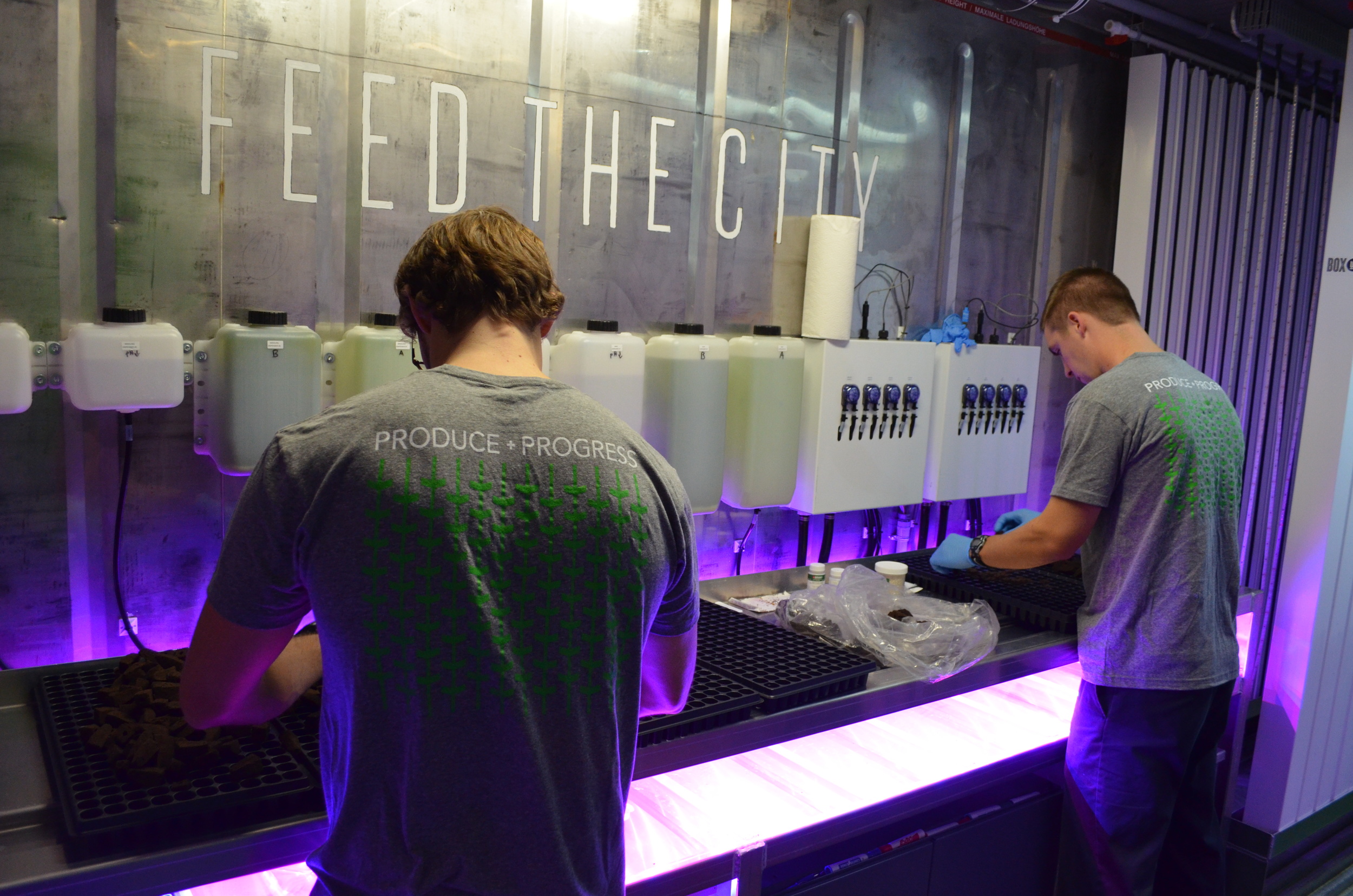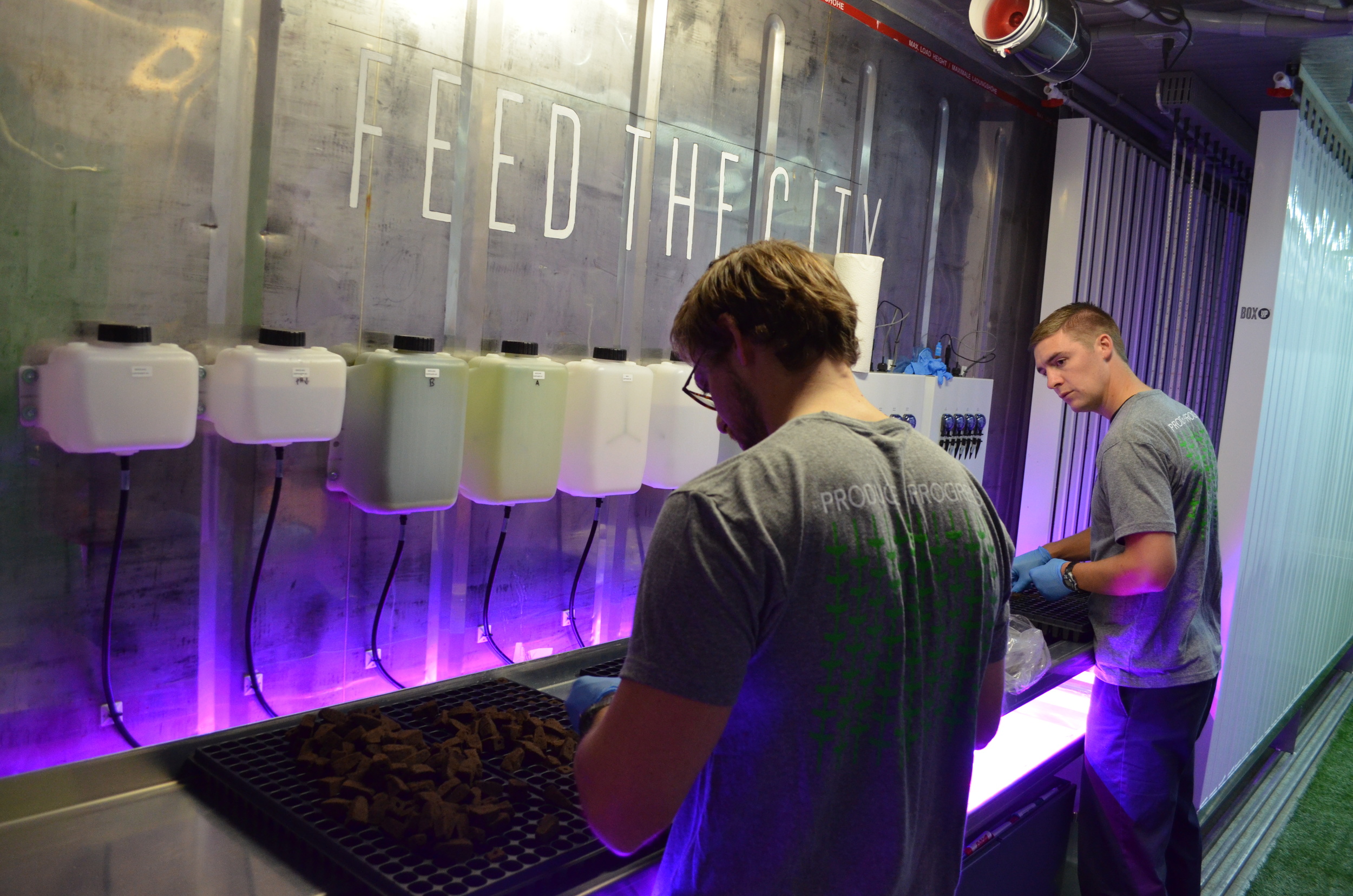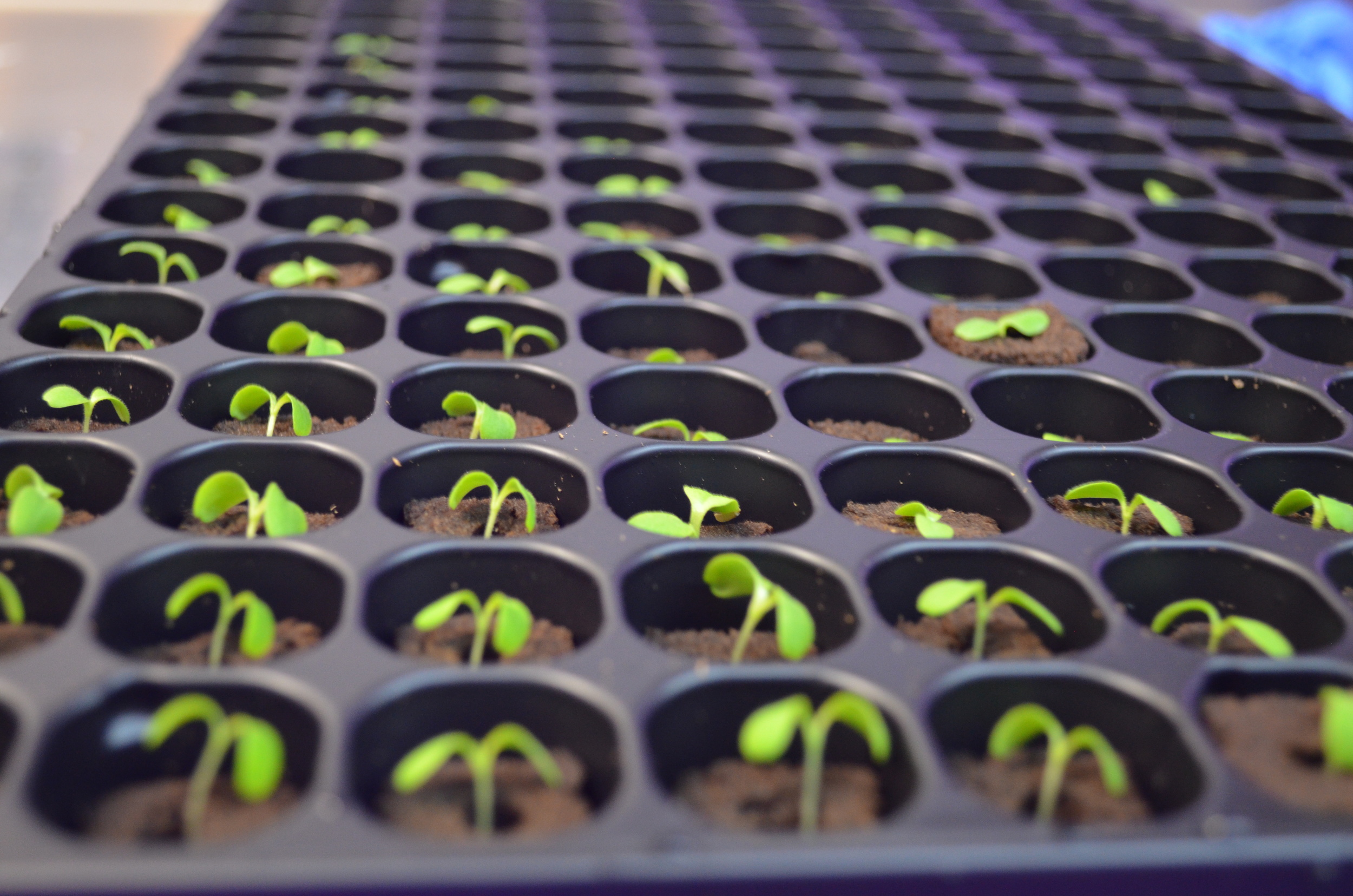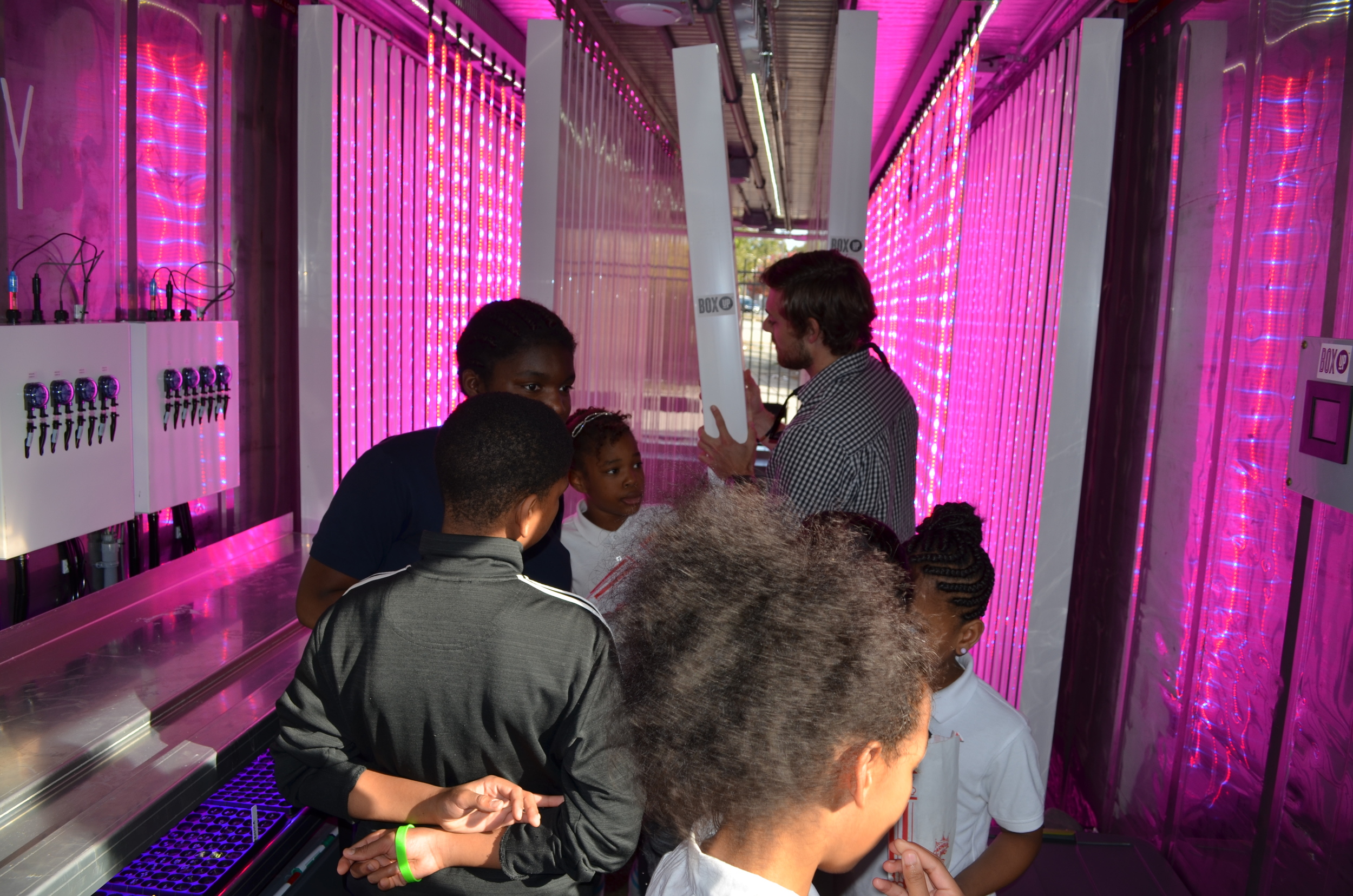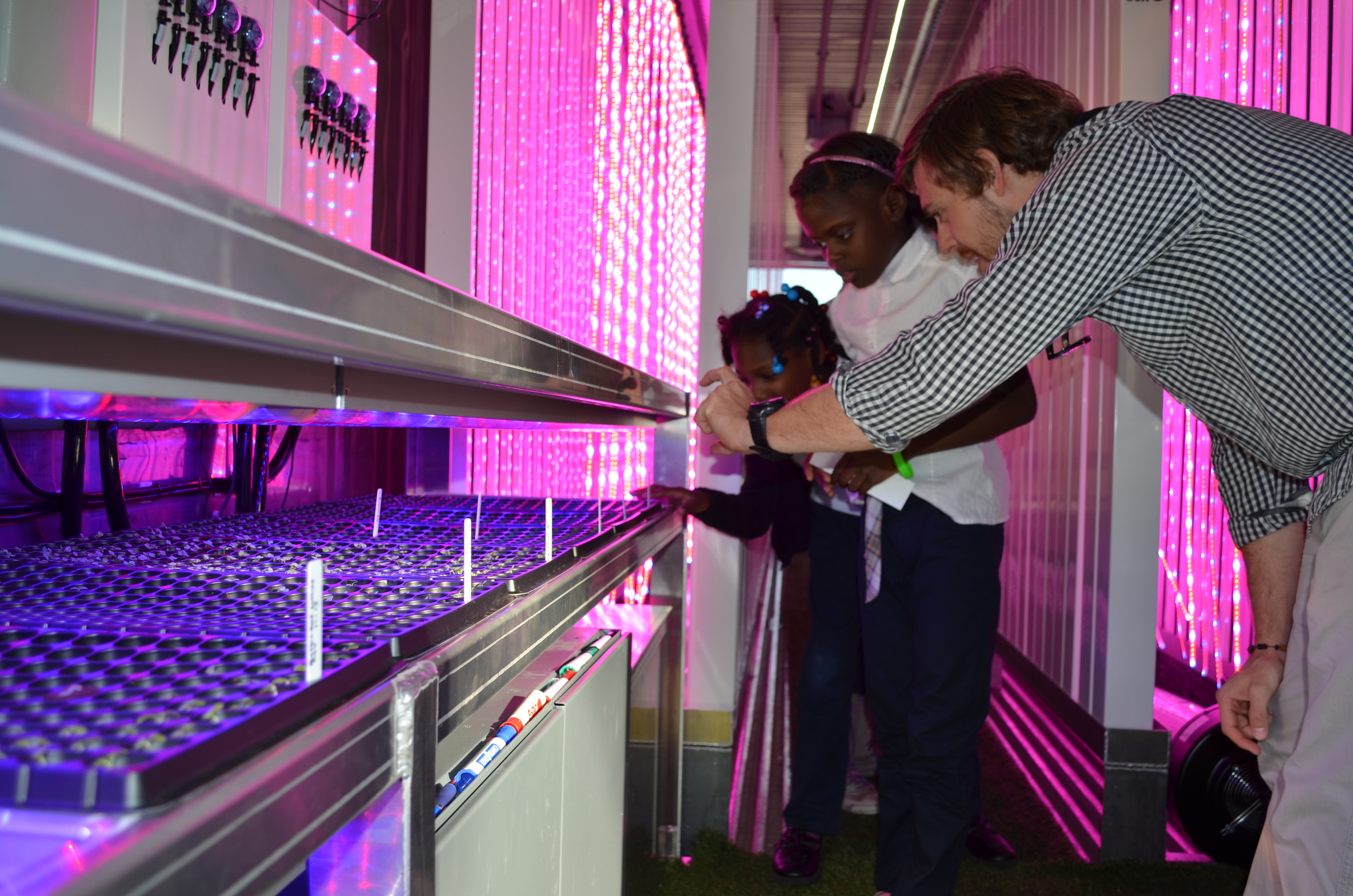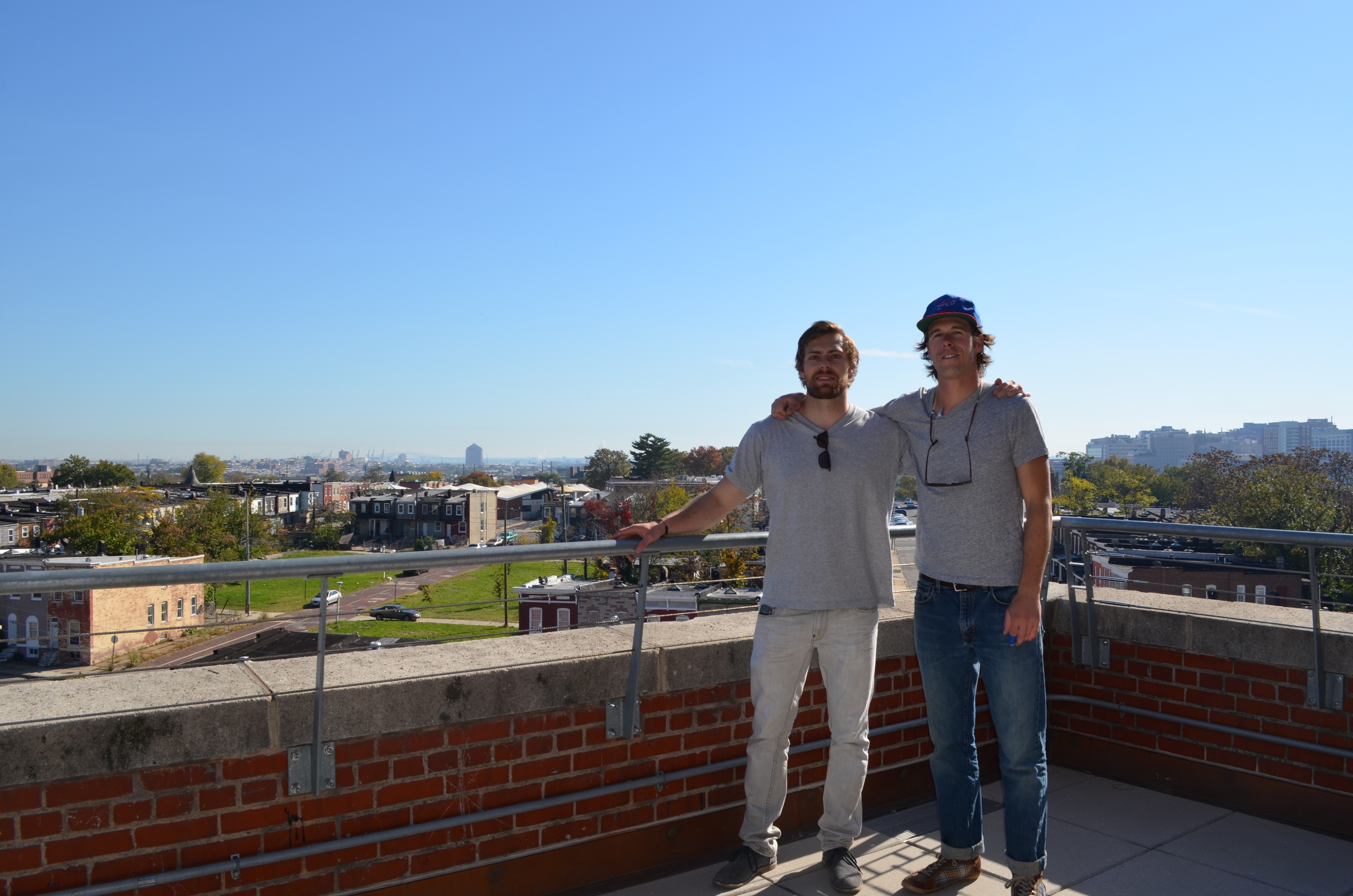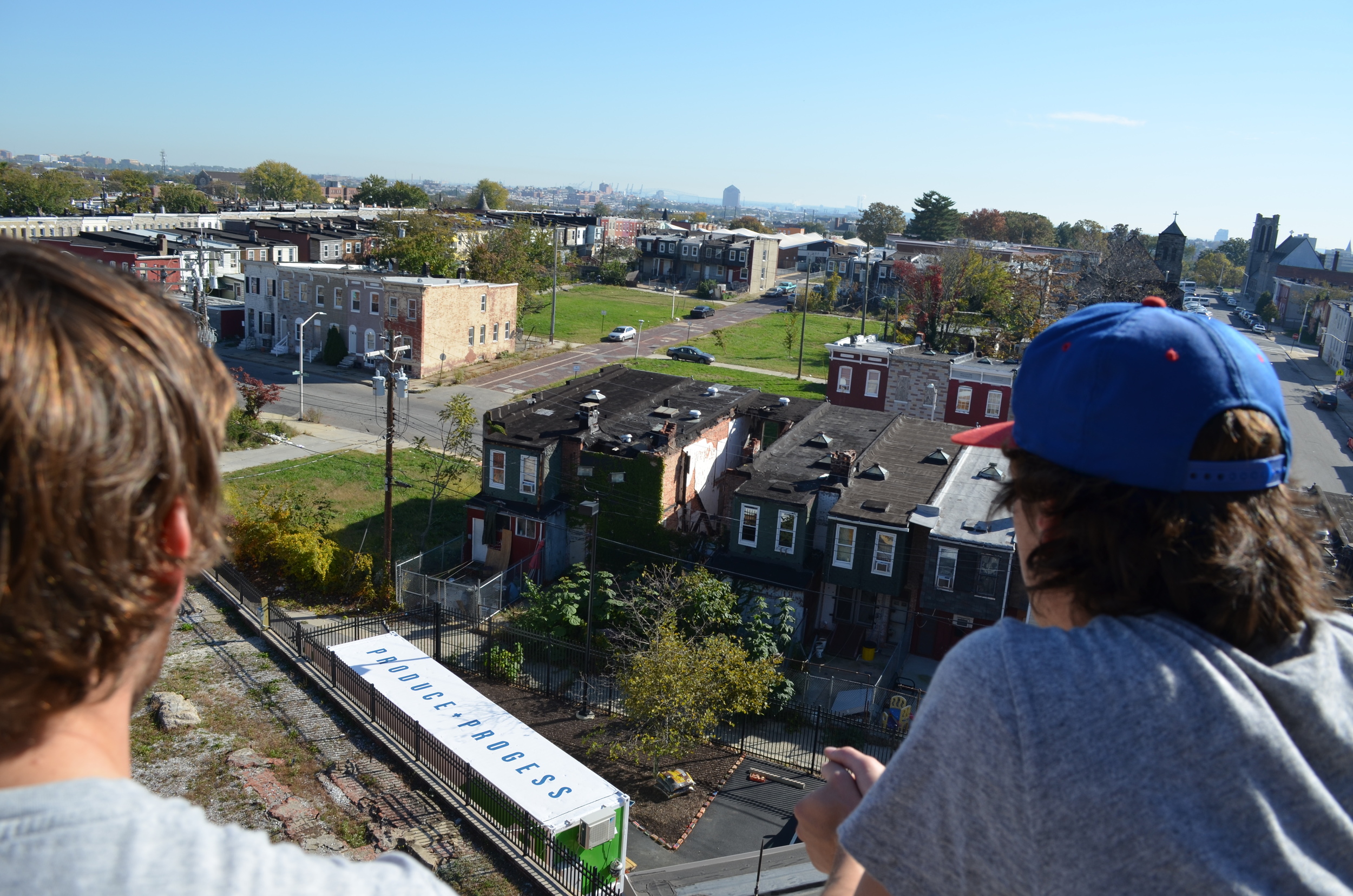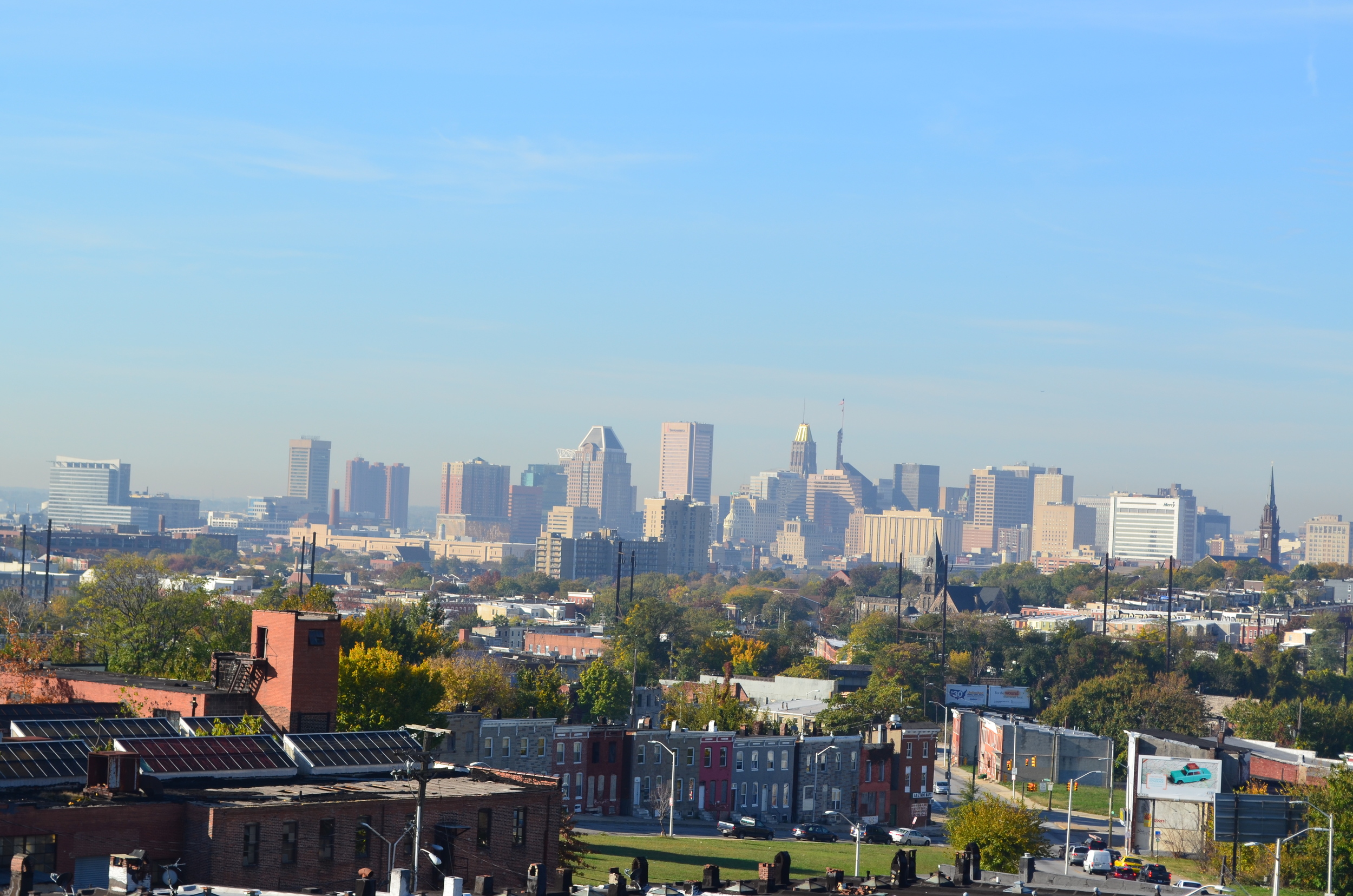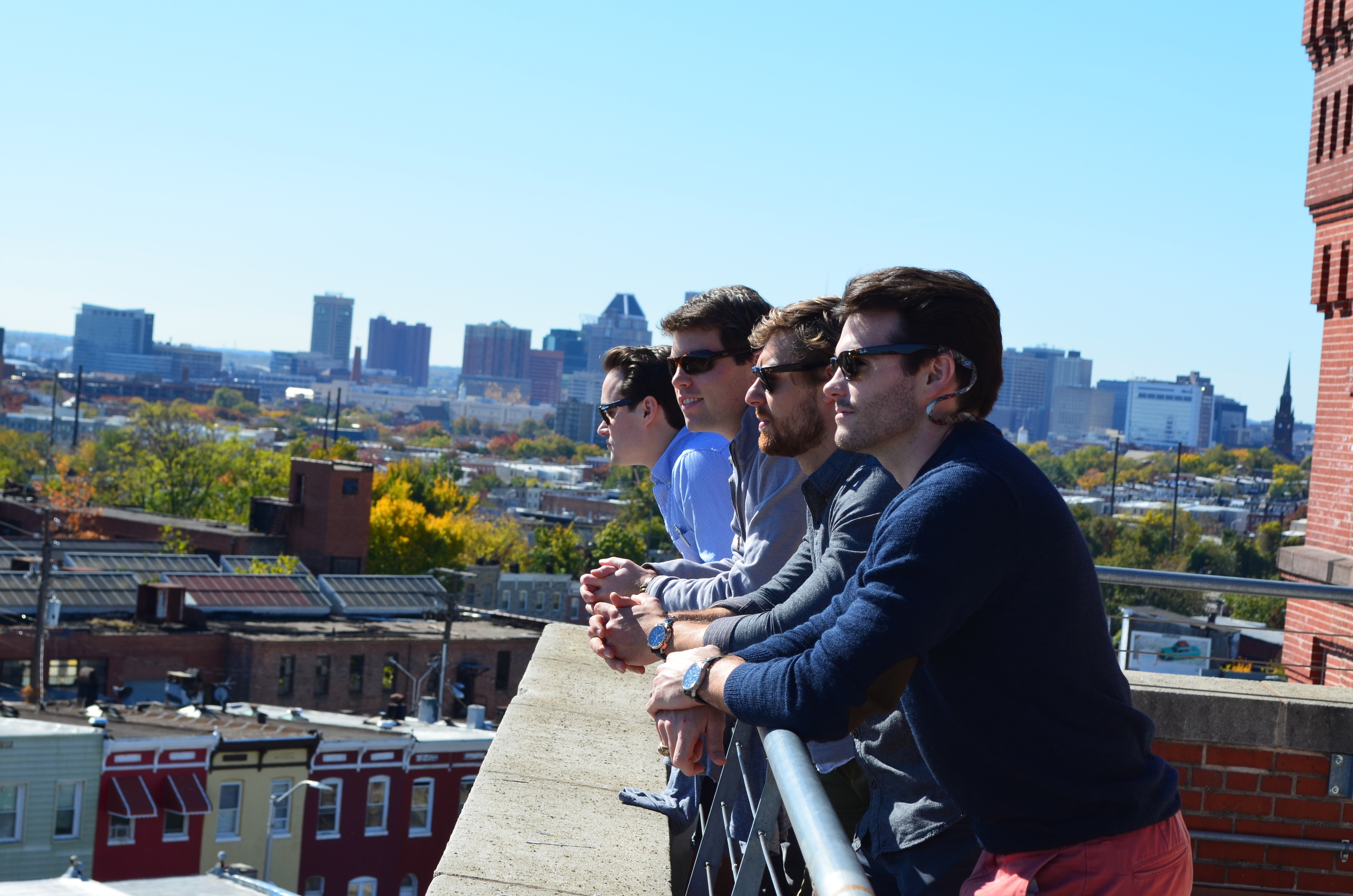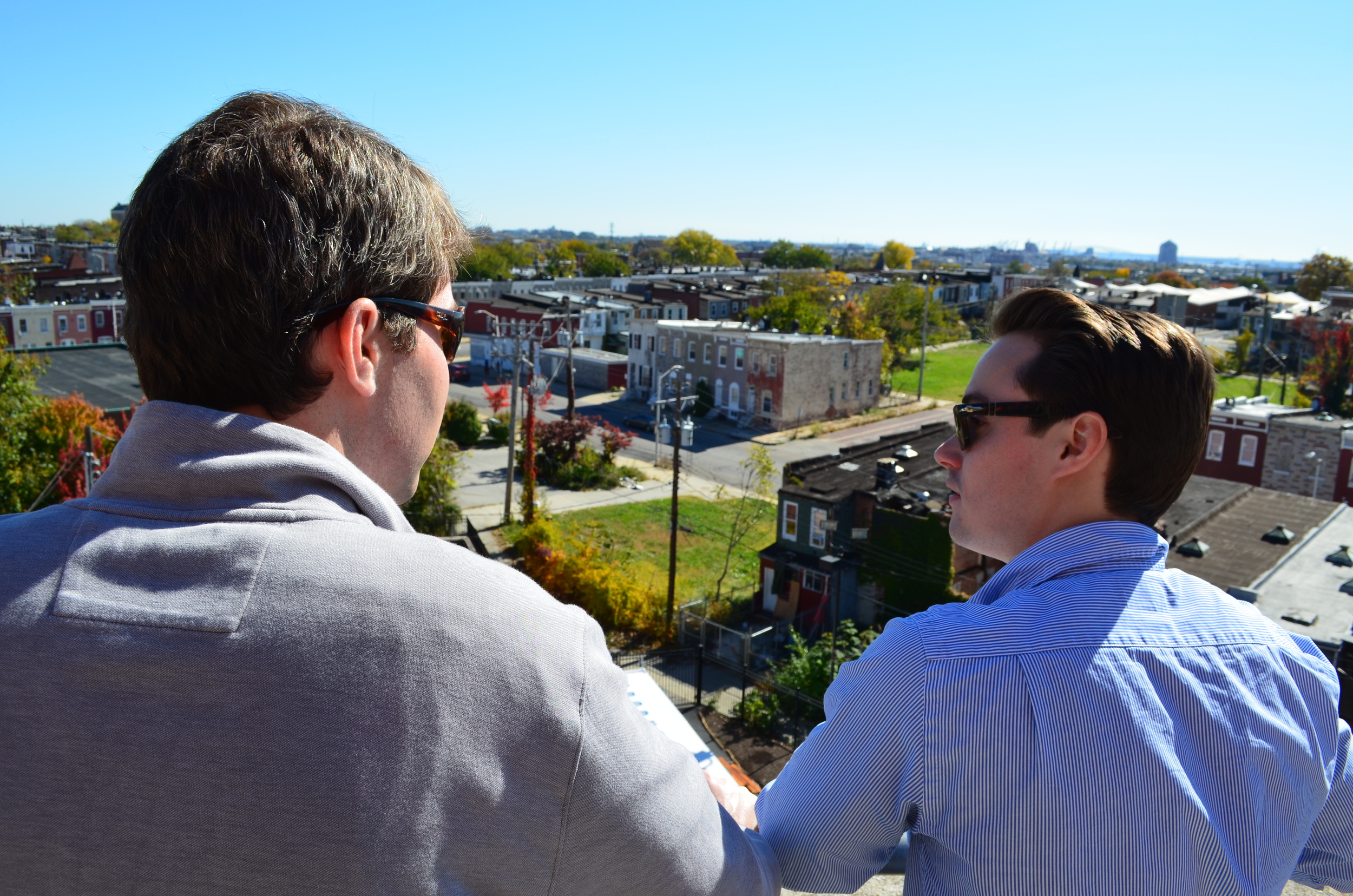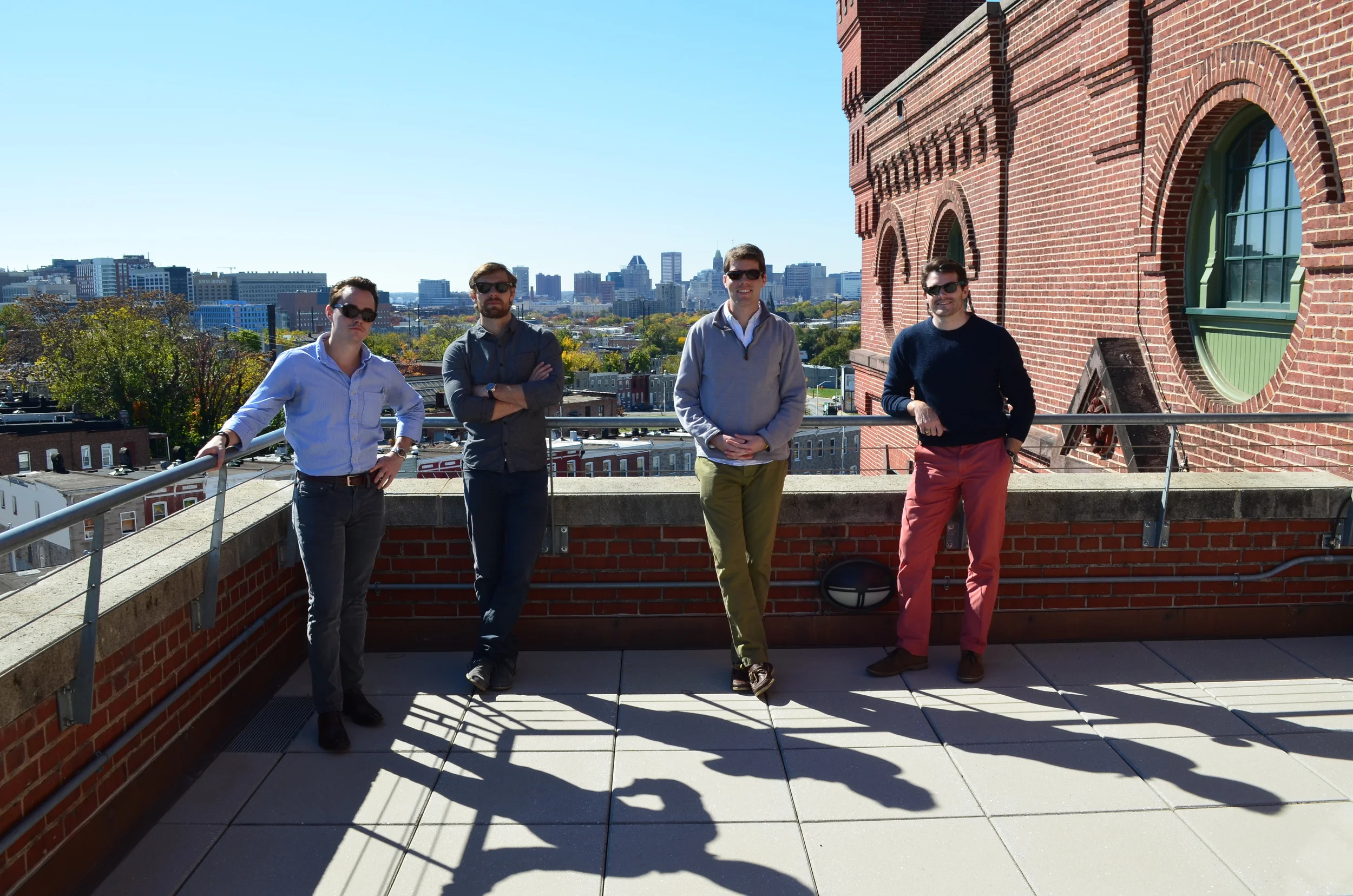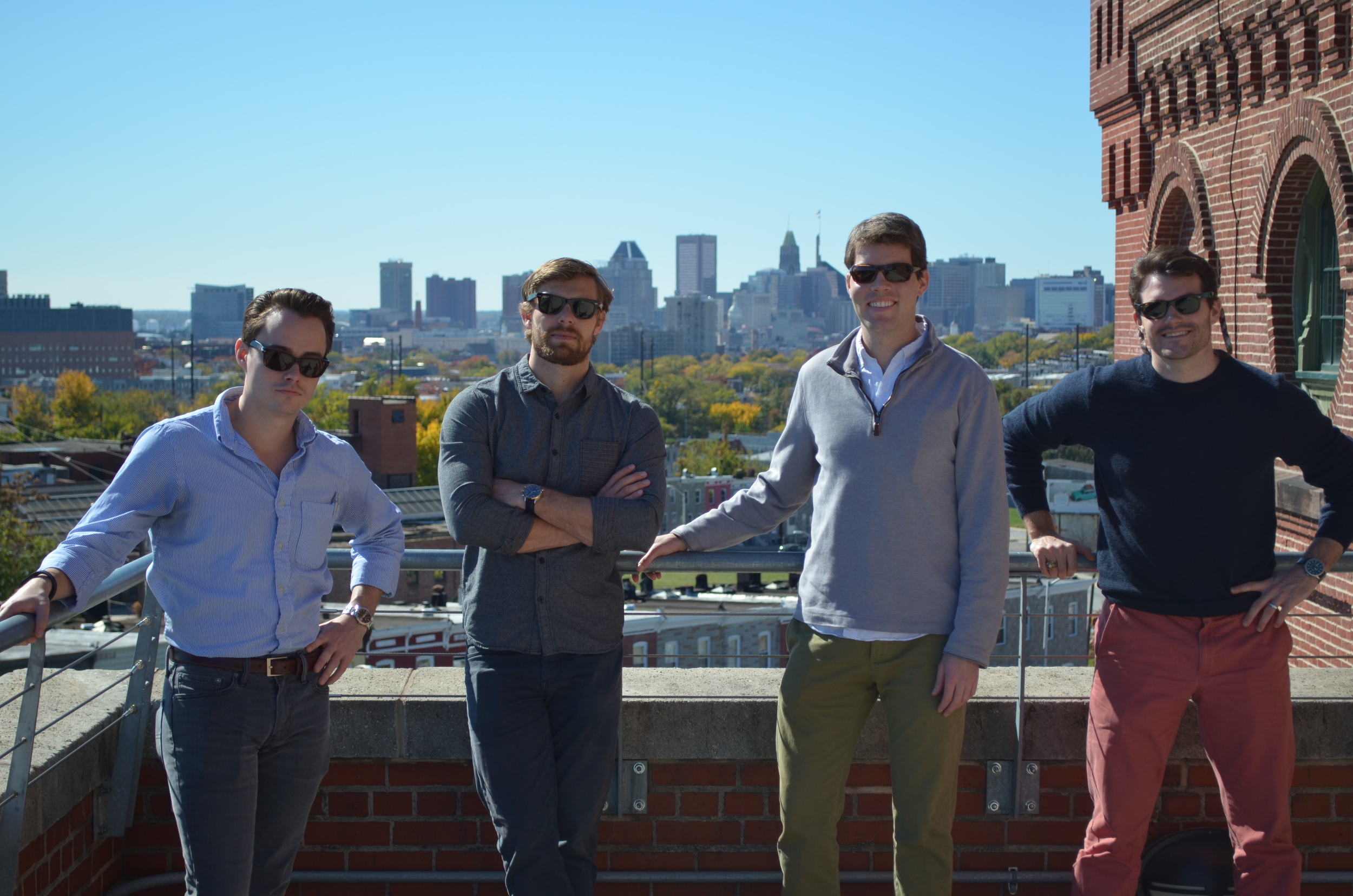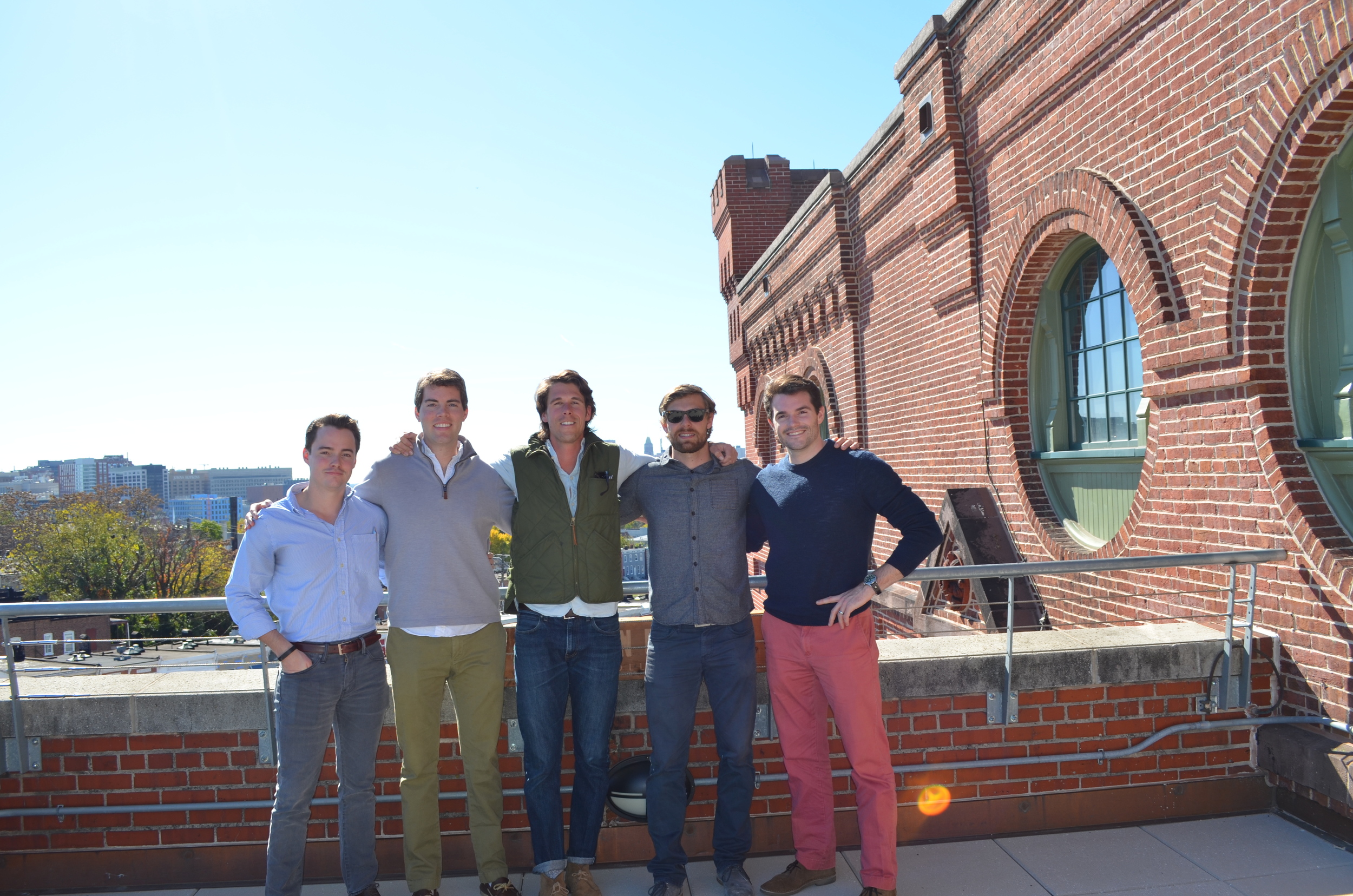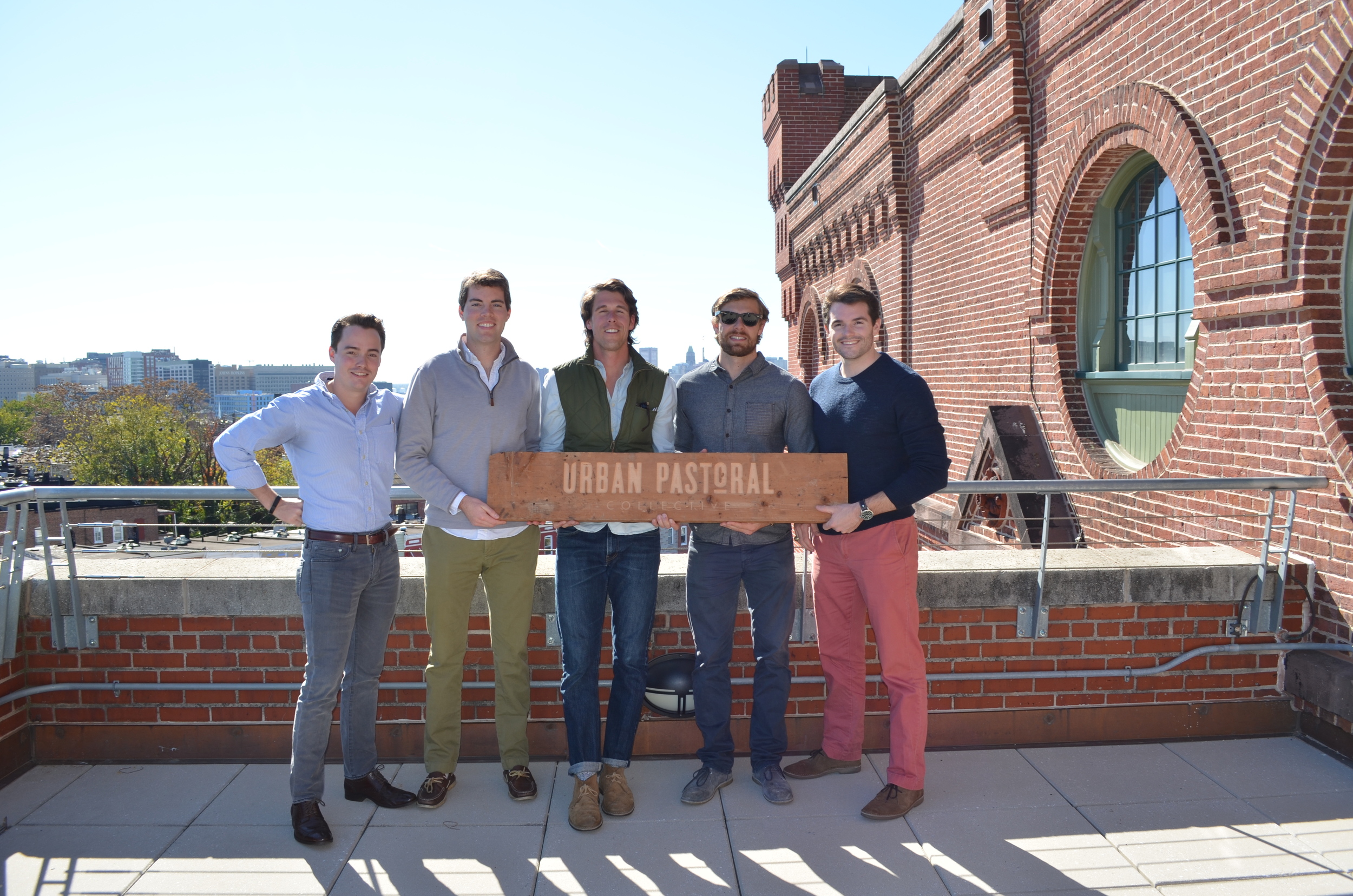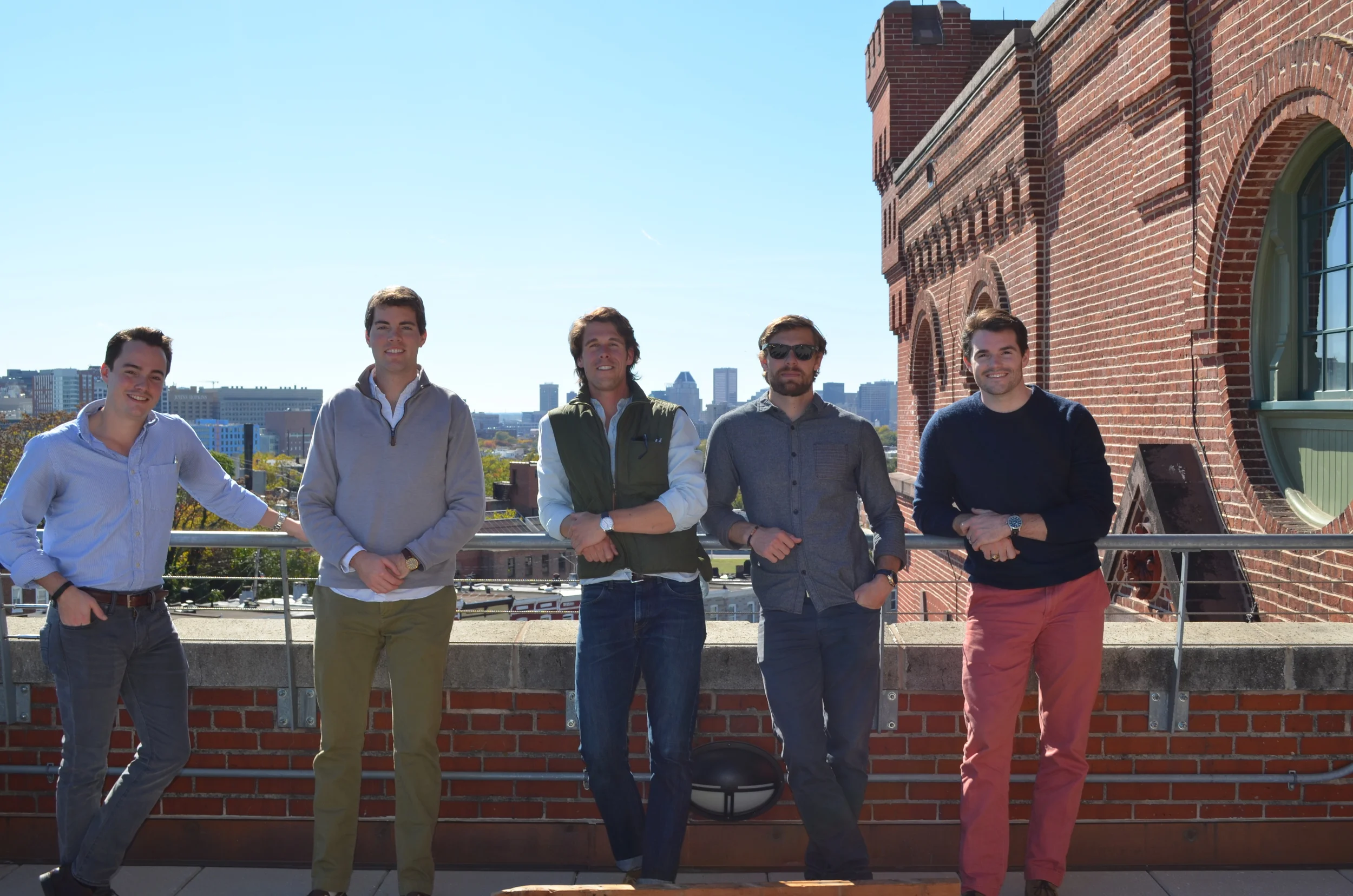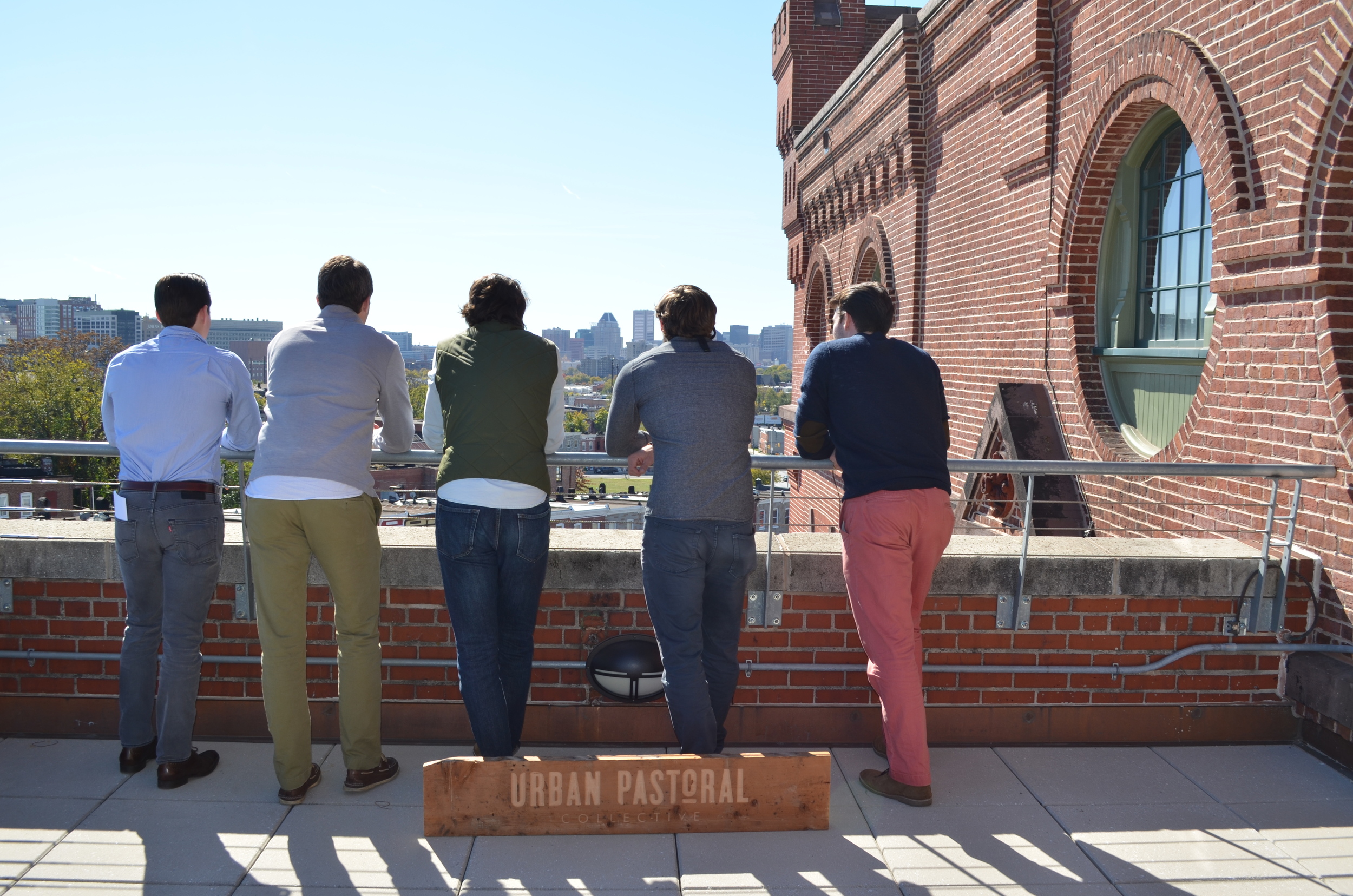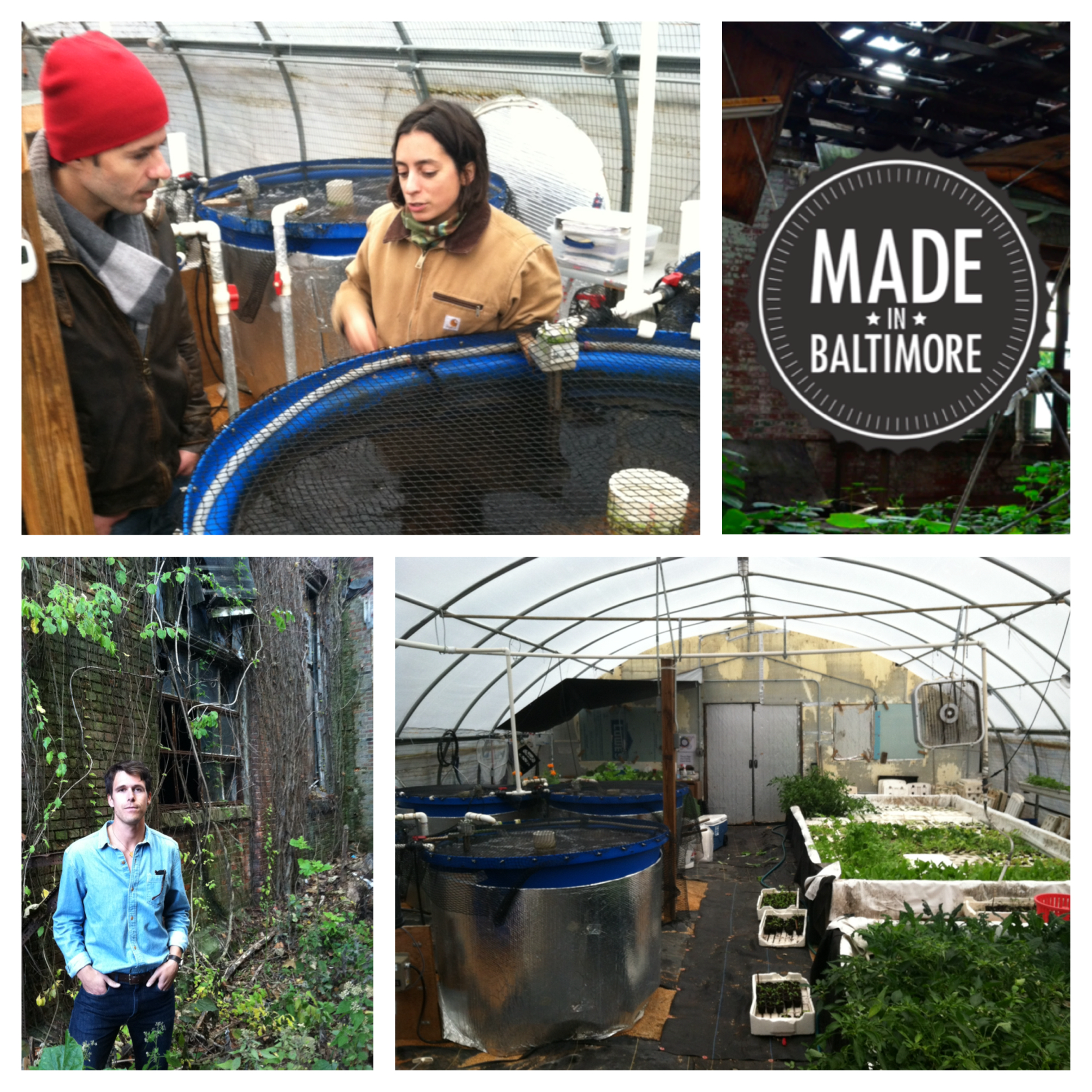Cultivating Produce + Progress in East Baltimore
Urban Pastoral is proud to announce the launch our first modular farm, BoxUP, at Humanim, Inc. The Humanim American Brewery Building is located in the heart of East Baltimore, and serves as an anchor for a community that was once a prominent manufacturing hub. With the help of local community leaders and home grown entrepreneurs, there is an urban revival a foot in East Baltimore. Food is at the core of this moment, and will serve as a catalyst for organic economic growth.
UP partnered with prominent social enterprise, Humanim, because of the convergence of our missions and visions for what Baltimore can be. Over the past twenty + years, Humanim has played an immense role in community empowerment through workforce development. Humanim is a dynamic non-profit organization that has created a network of jobs for underserved communities by building economically sustainable social enterprises, such as Details, a contracting business that trains individuals to deconstruct and rebuild historic houses. Humanim employees are gaining independence and empowerment, all while rebuilding the communities they live in.
UP is thrilled to work with Humanim to create a new green job market for underserved communities through next generation farming.
Below is a photo gallery from our launch. If you are a teacher, administrator, community leader, or are simply interested in coming by, please shoot us an email and schedule a tour.
Stay tuned for more updates on our FarmUP development at Green Street Academy in West Baltimore.


